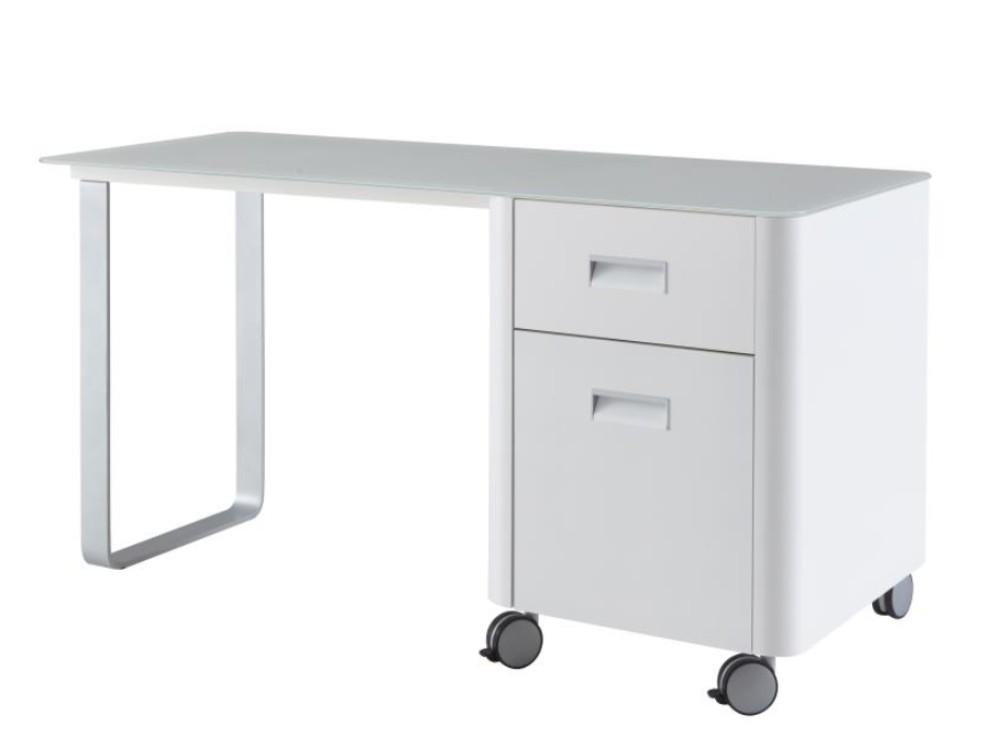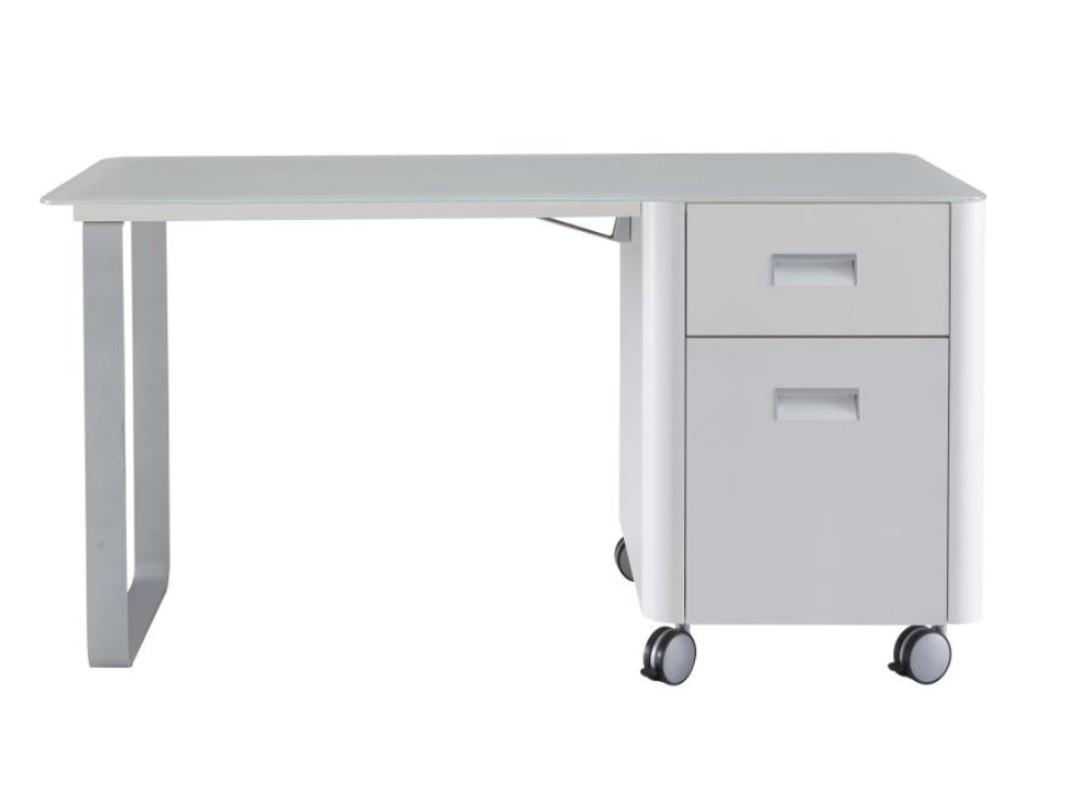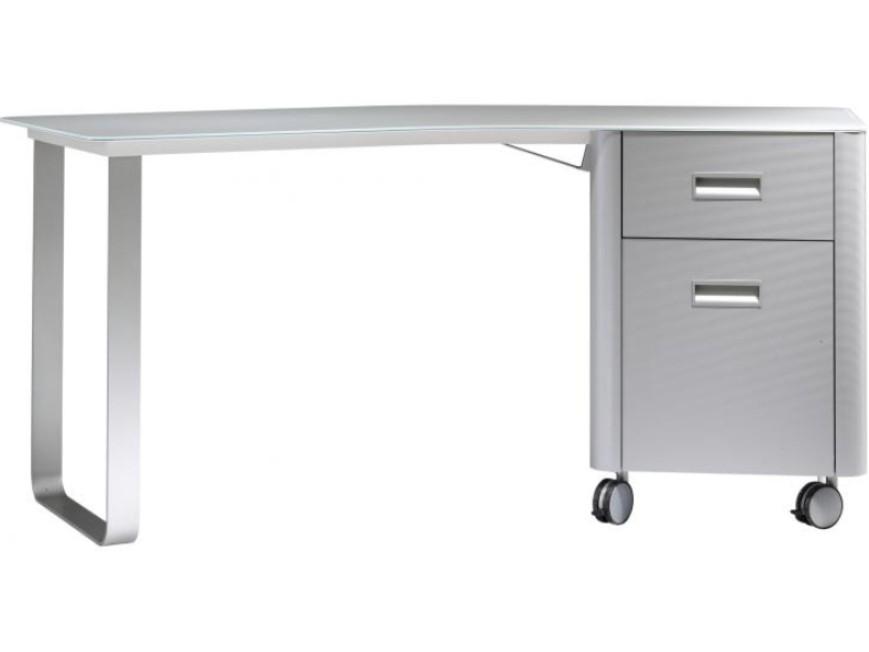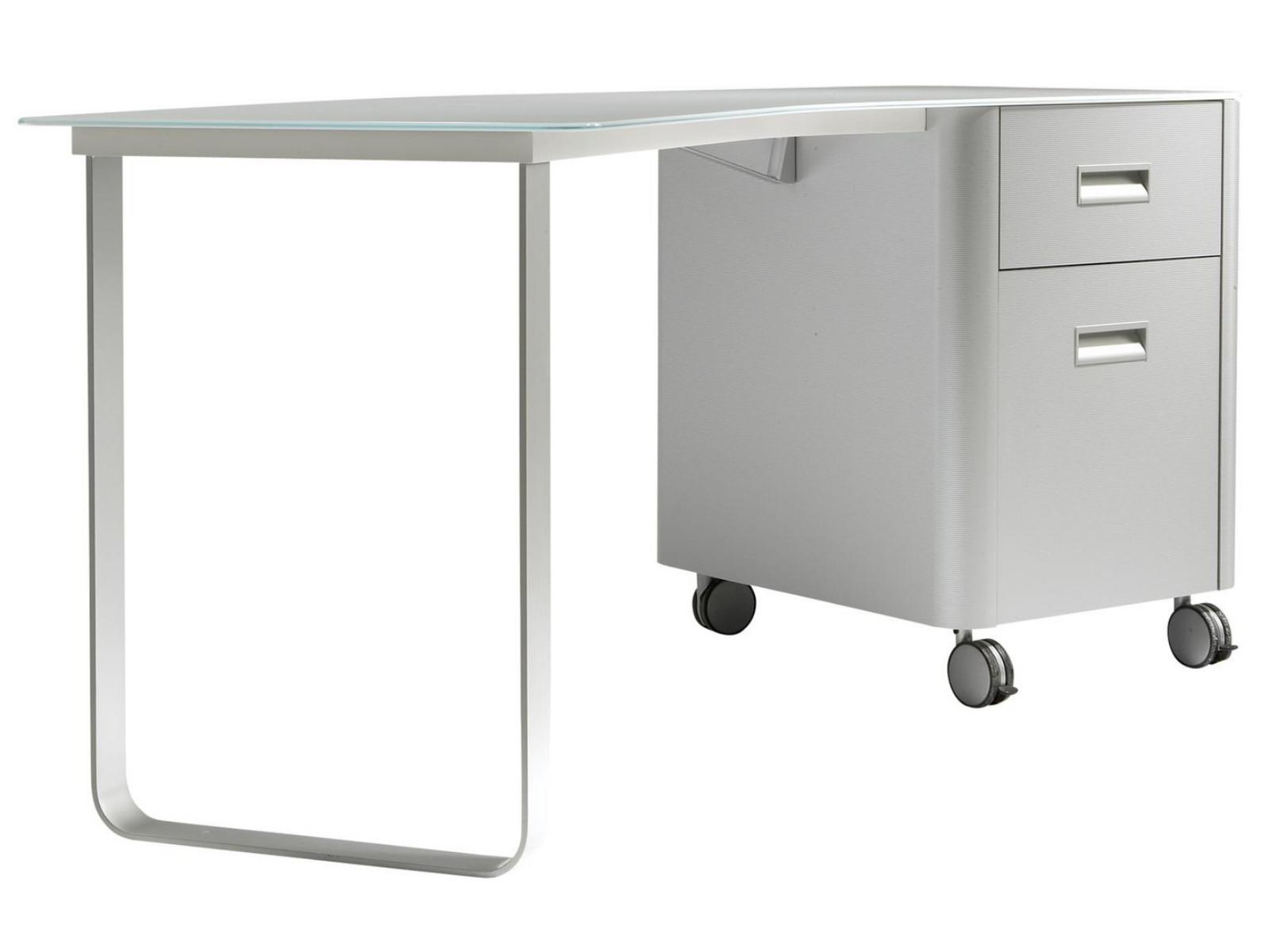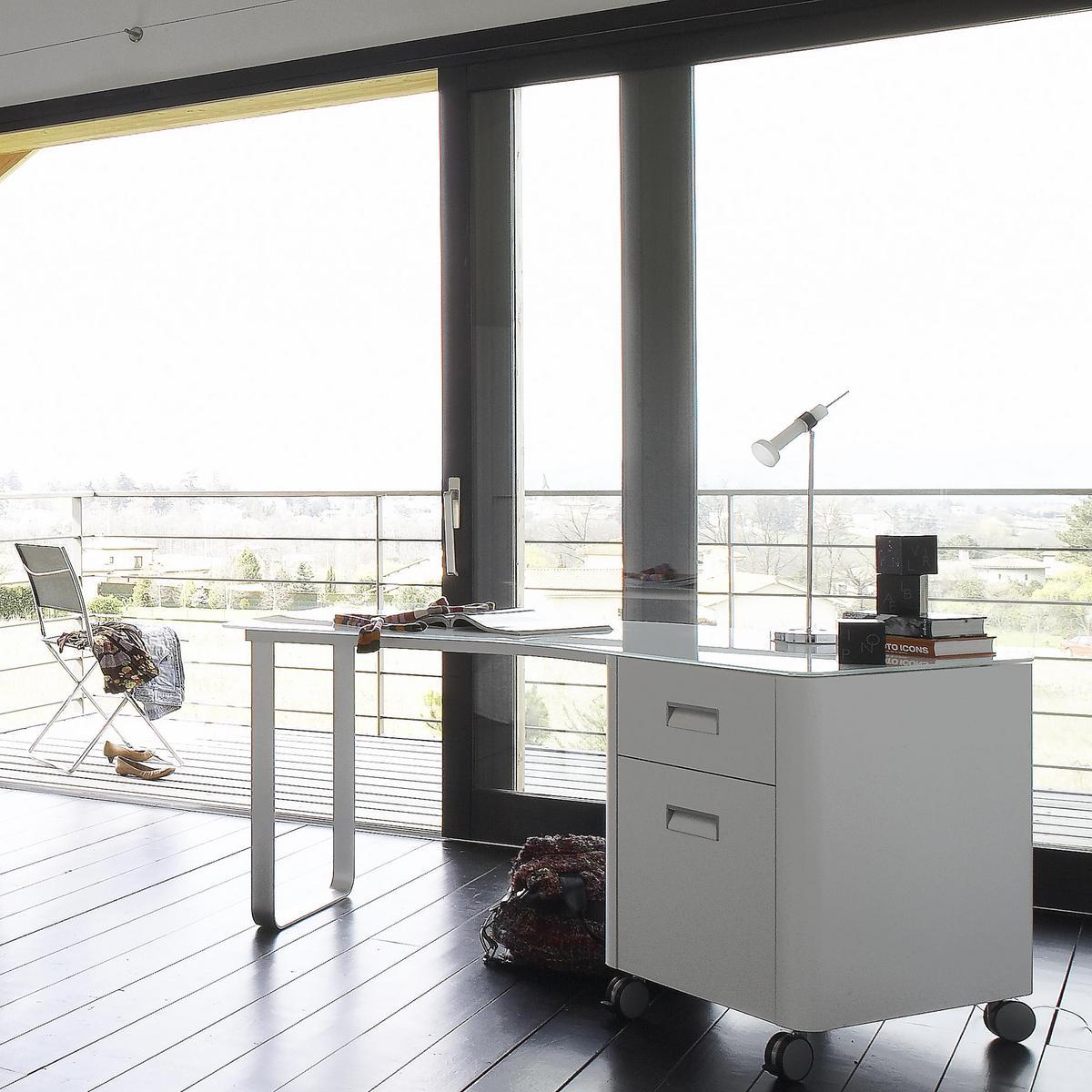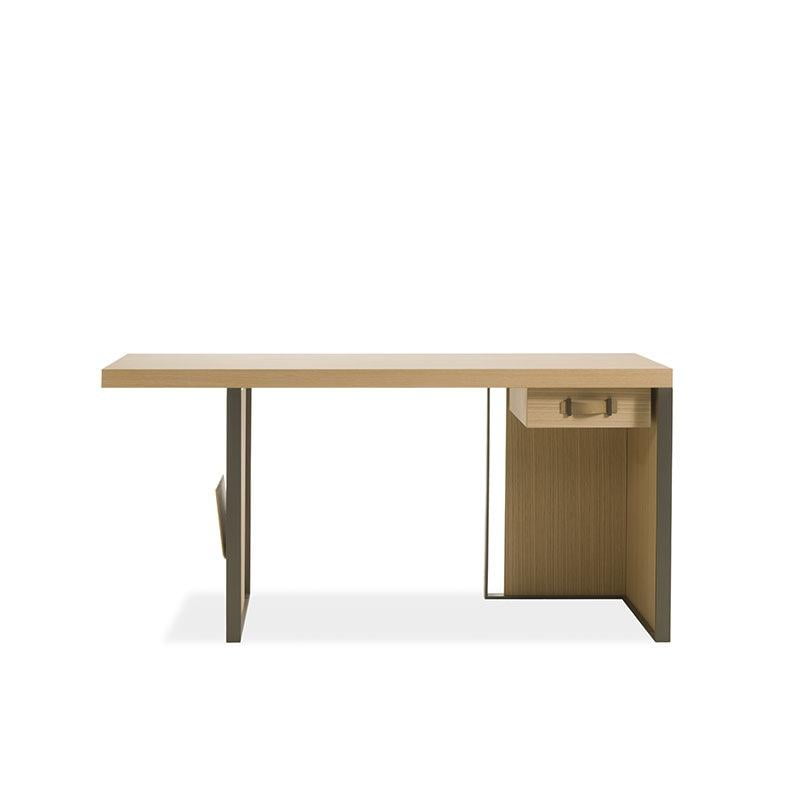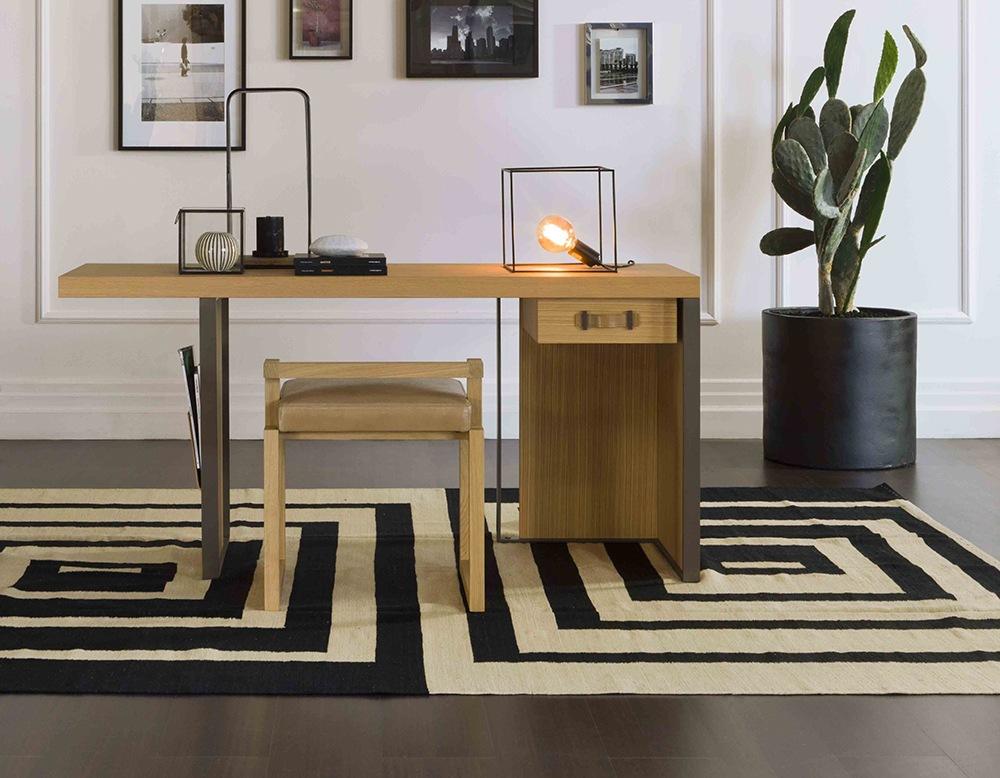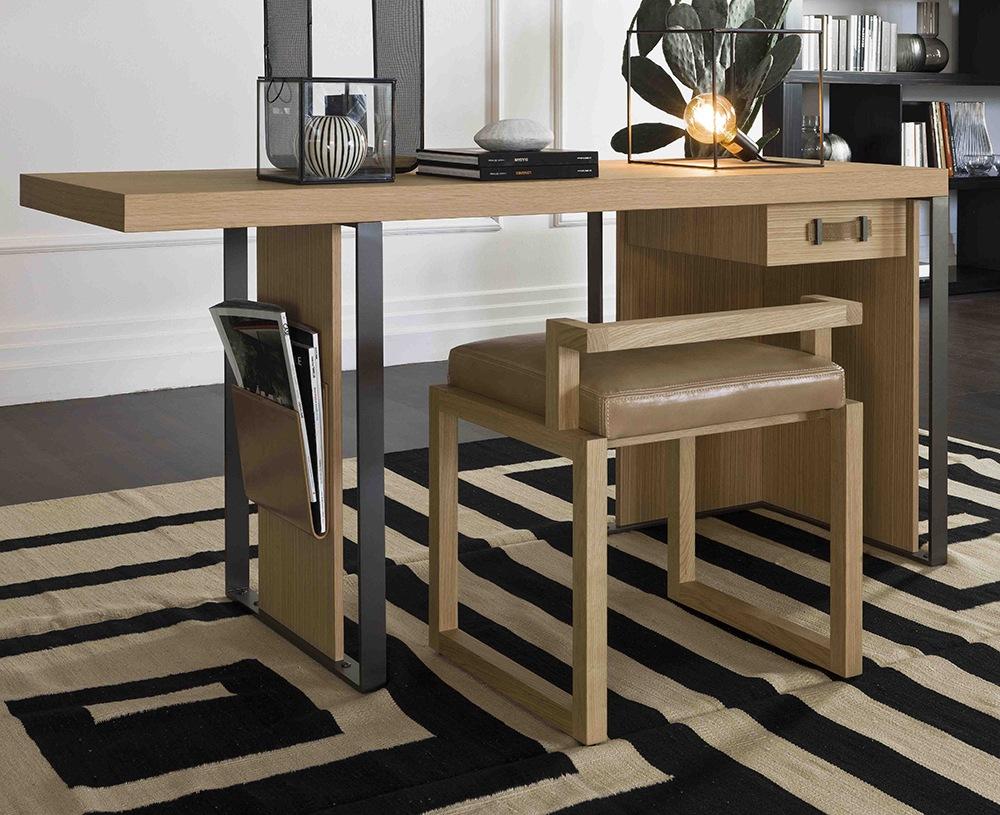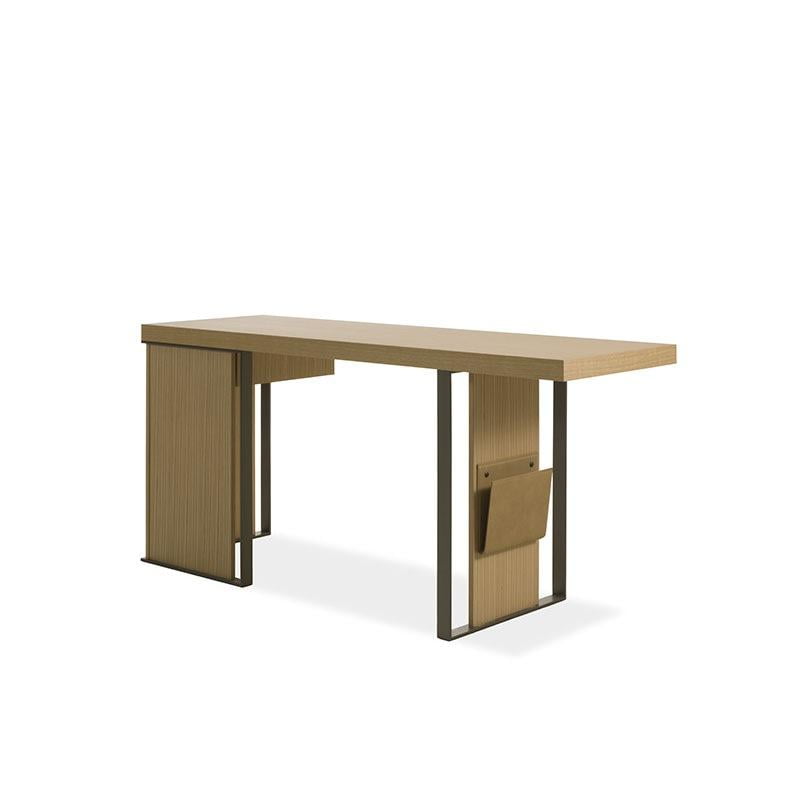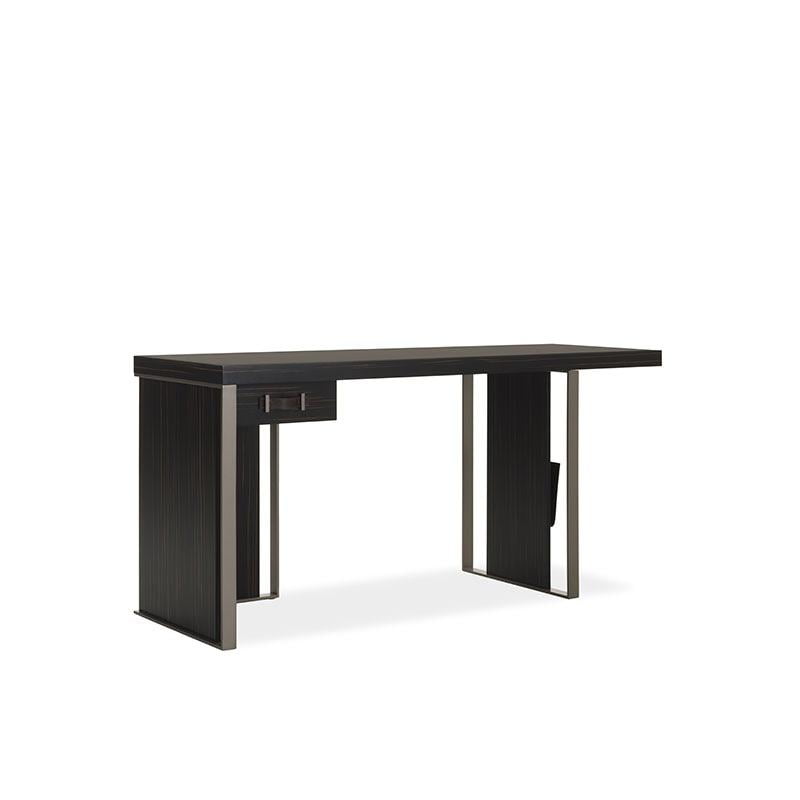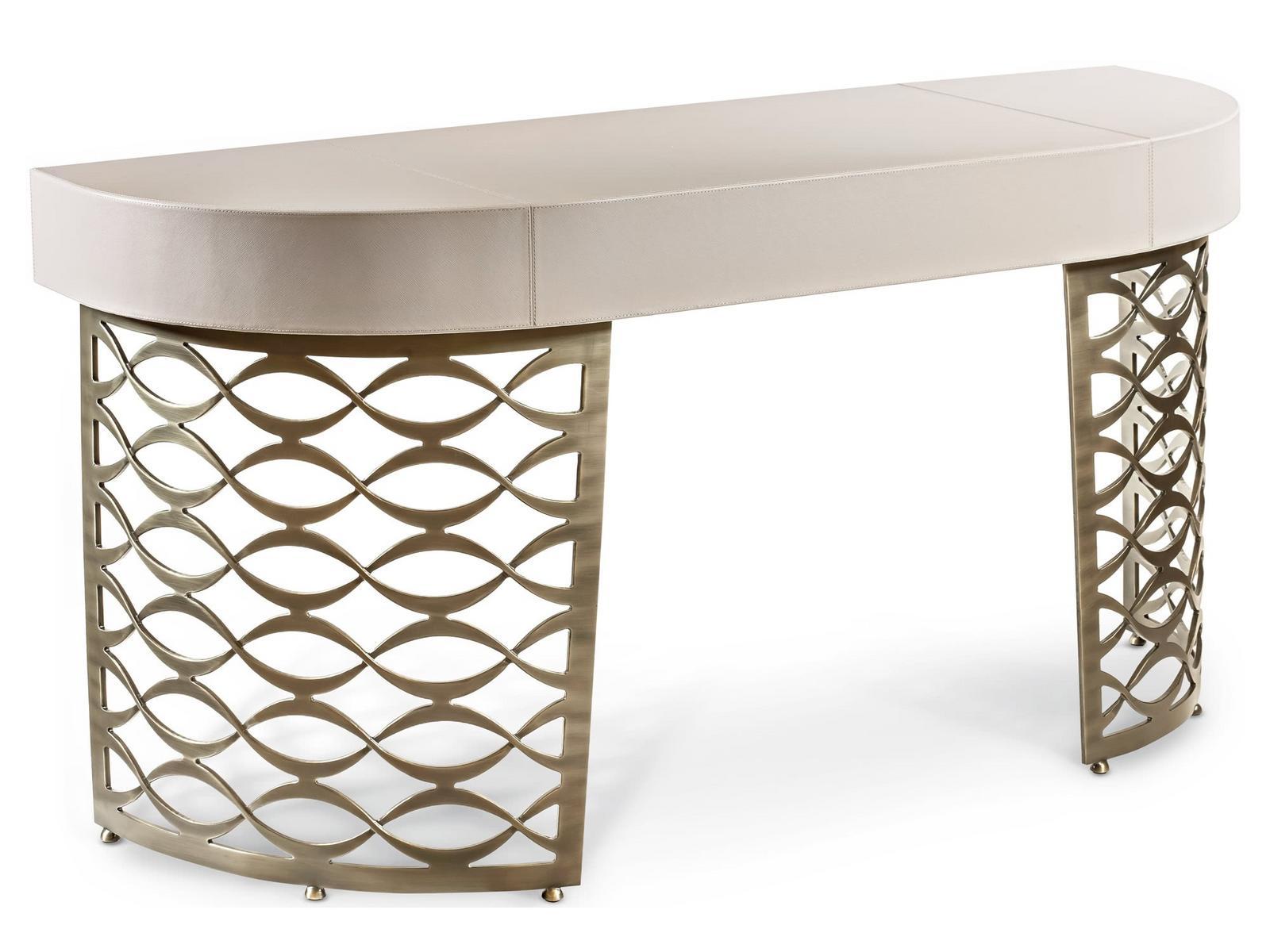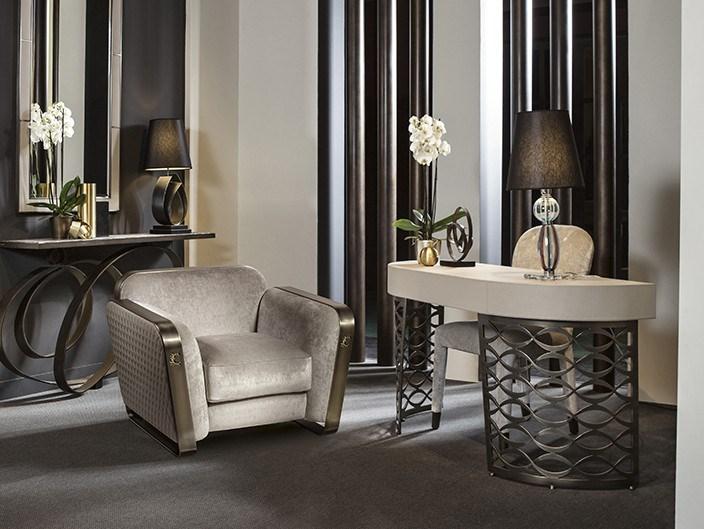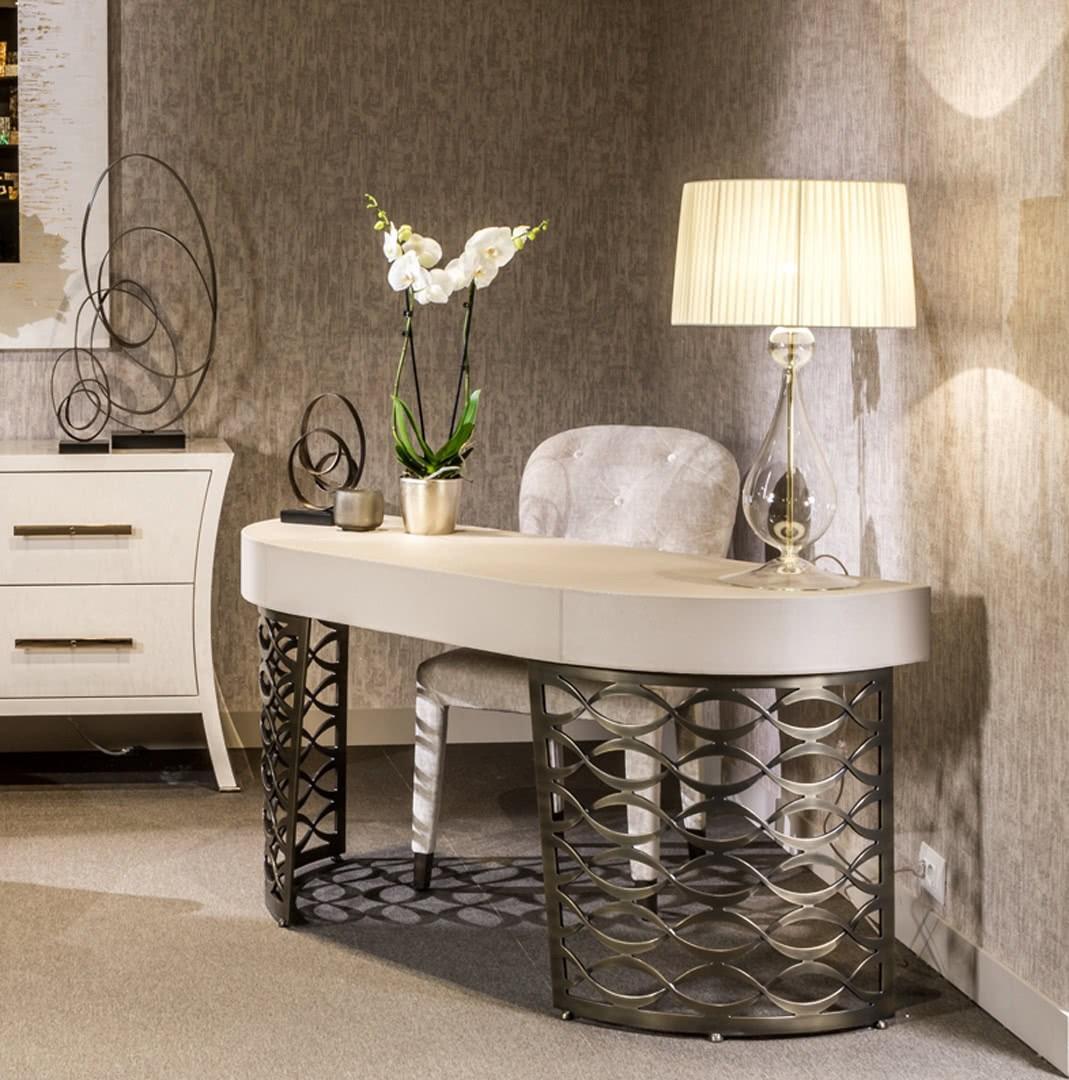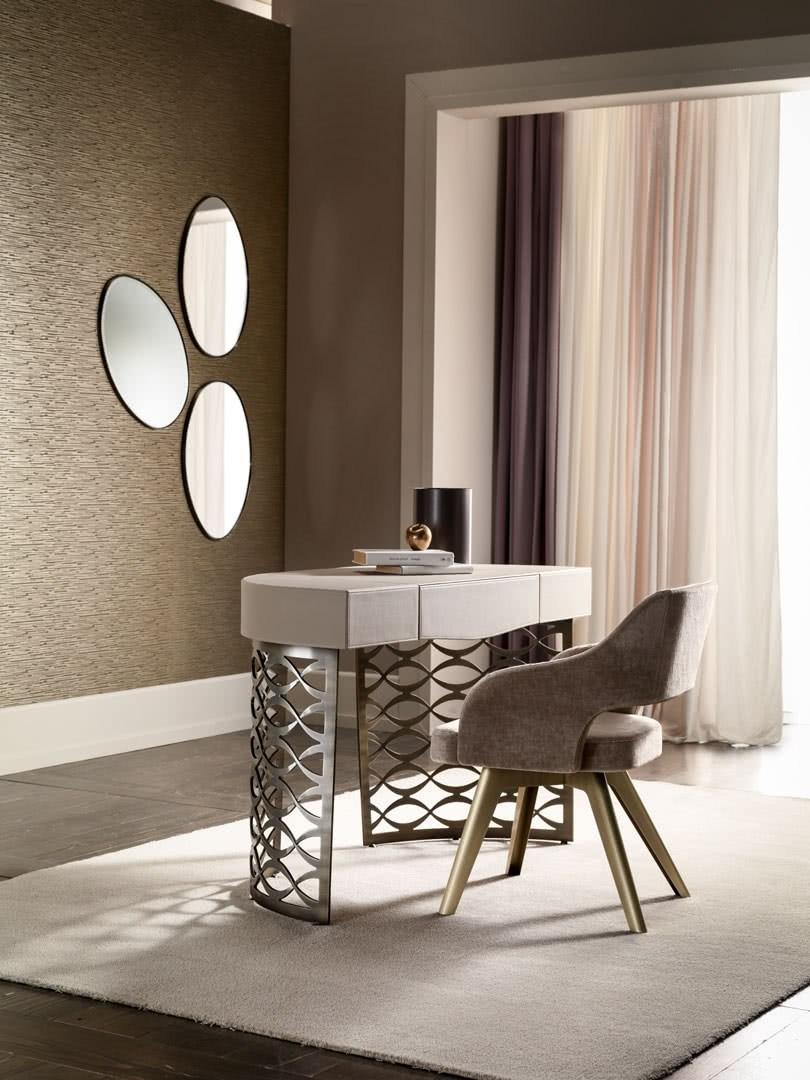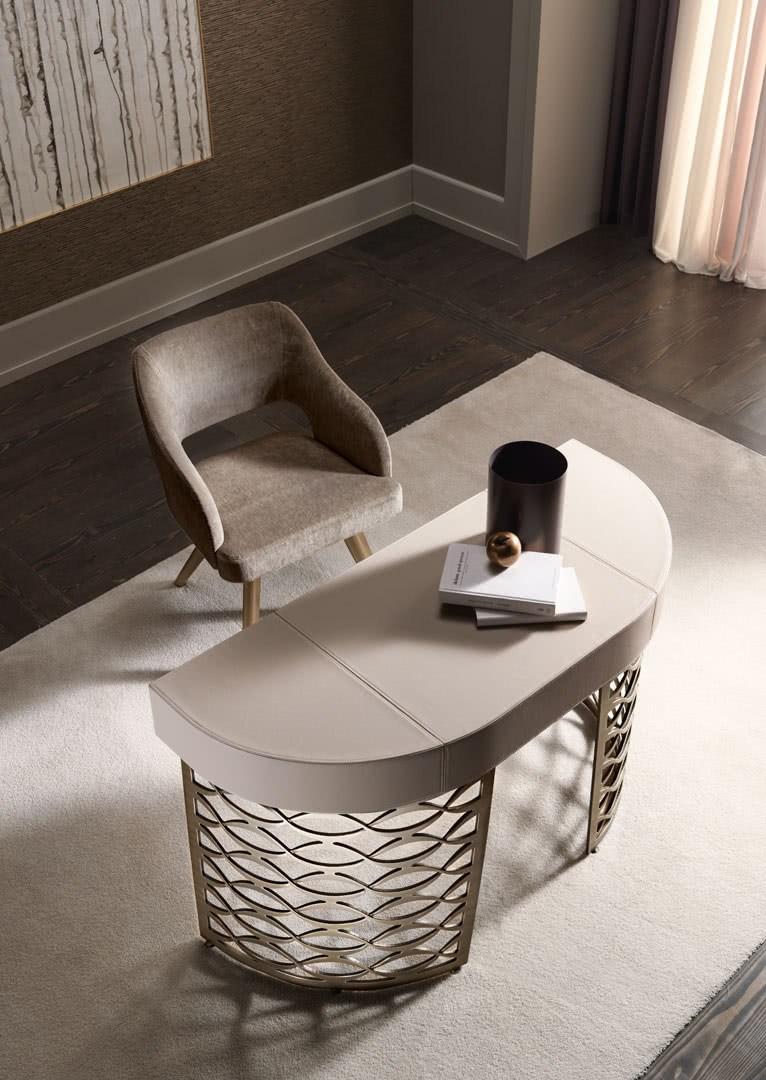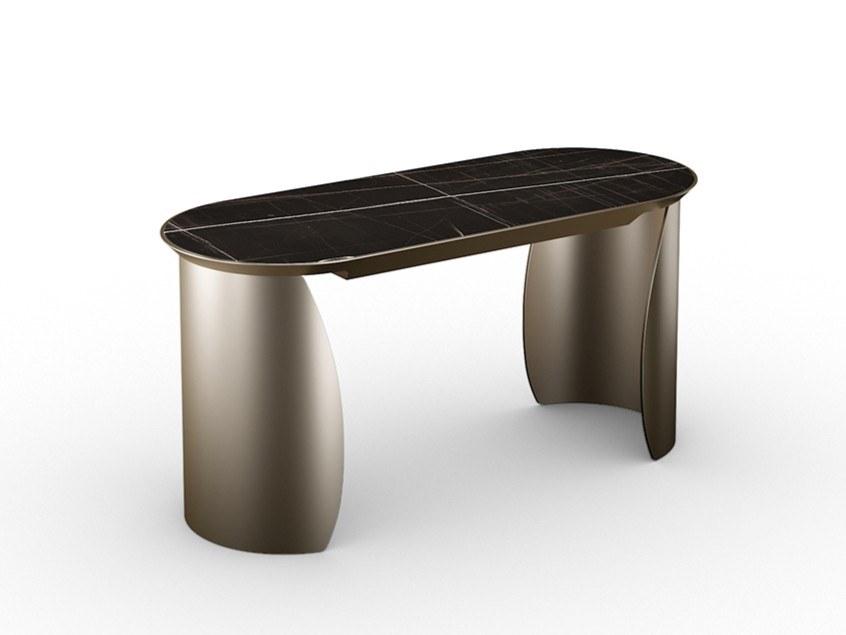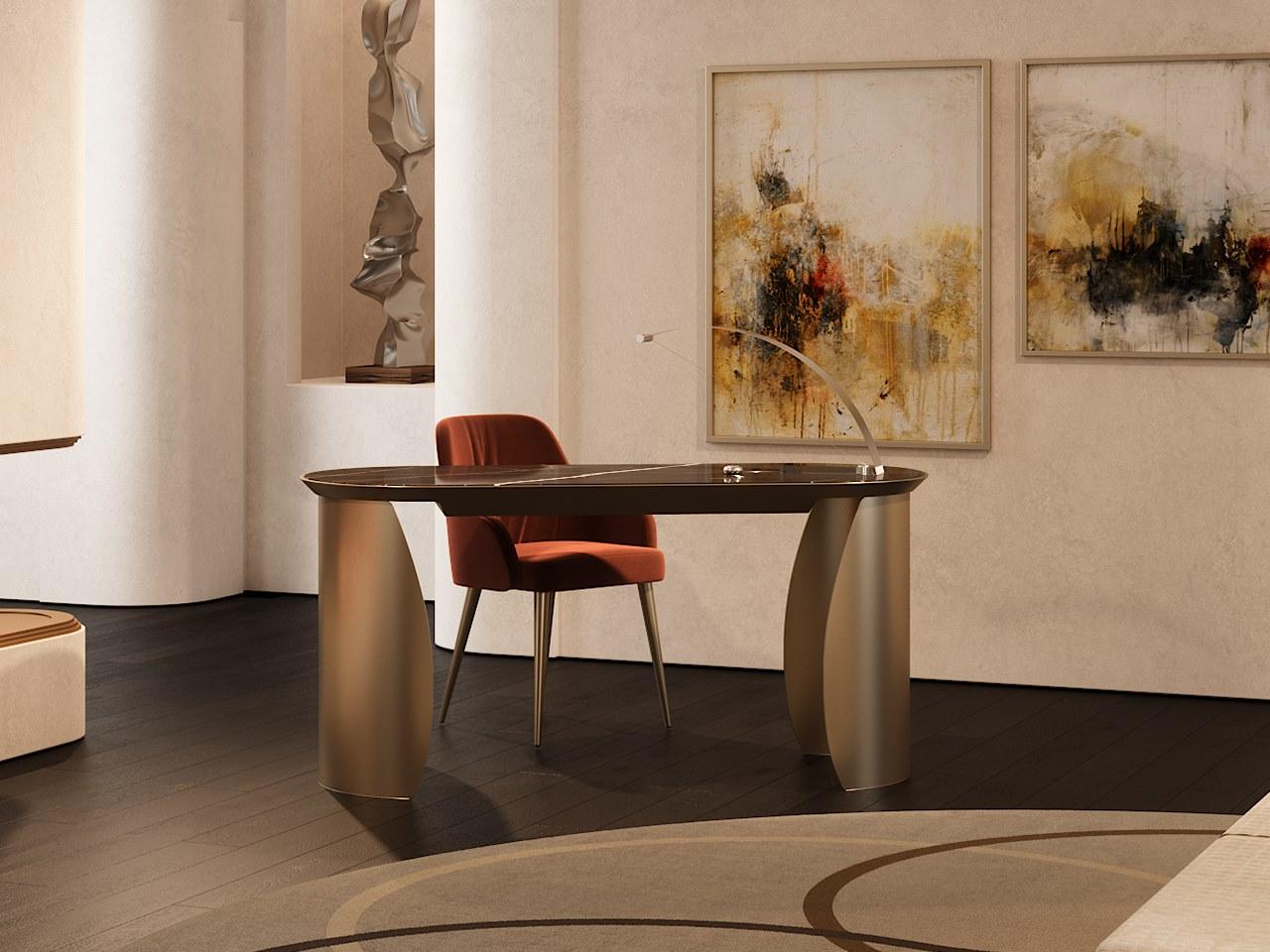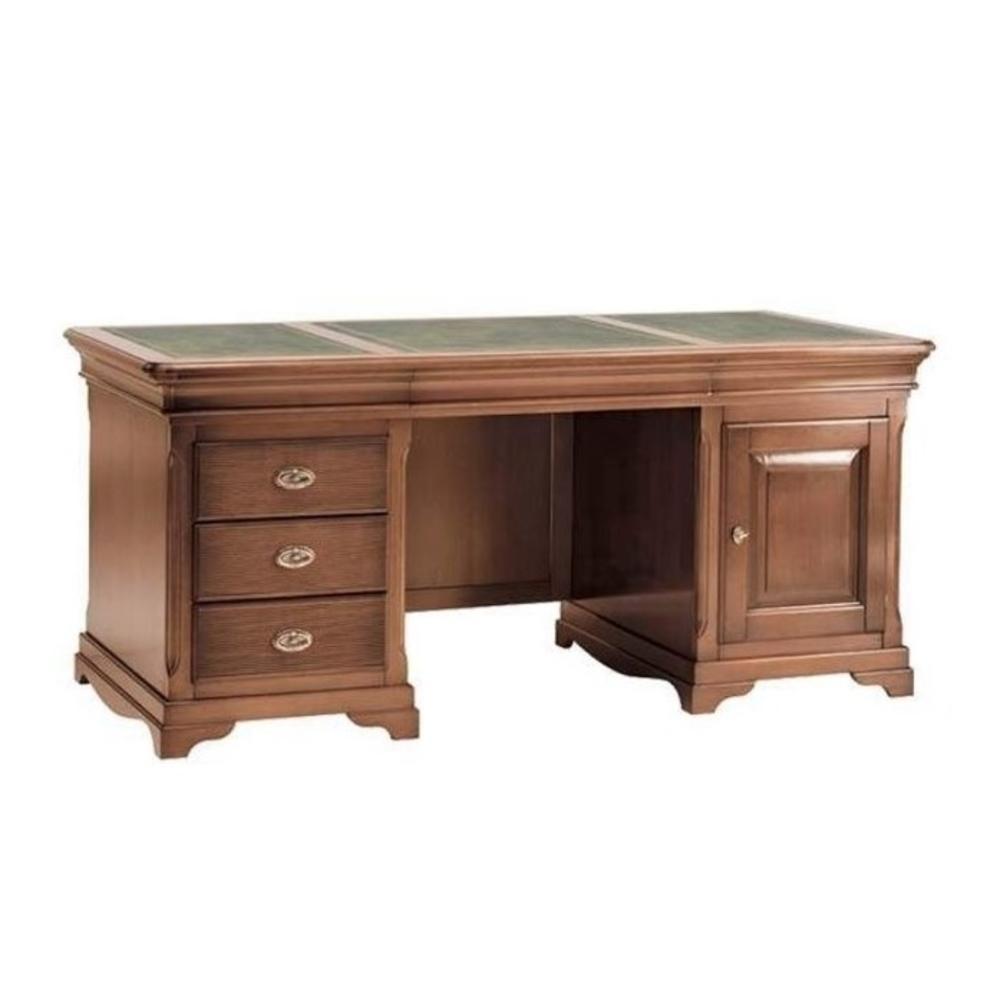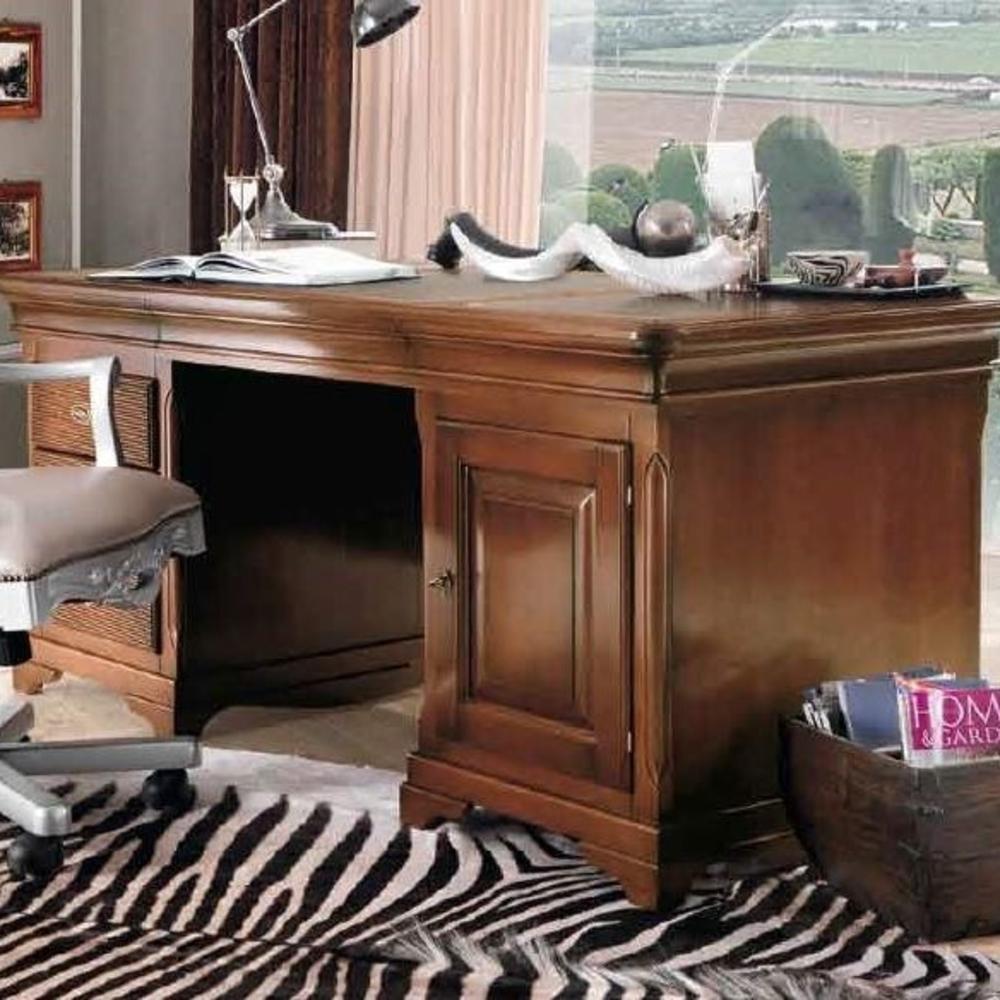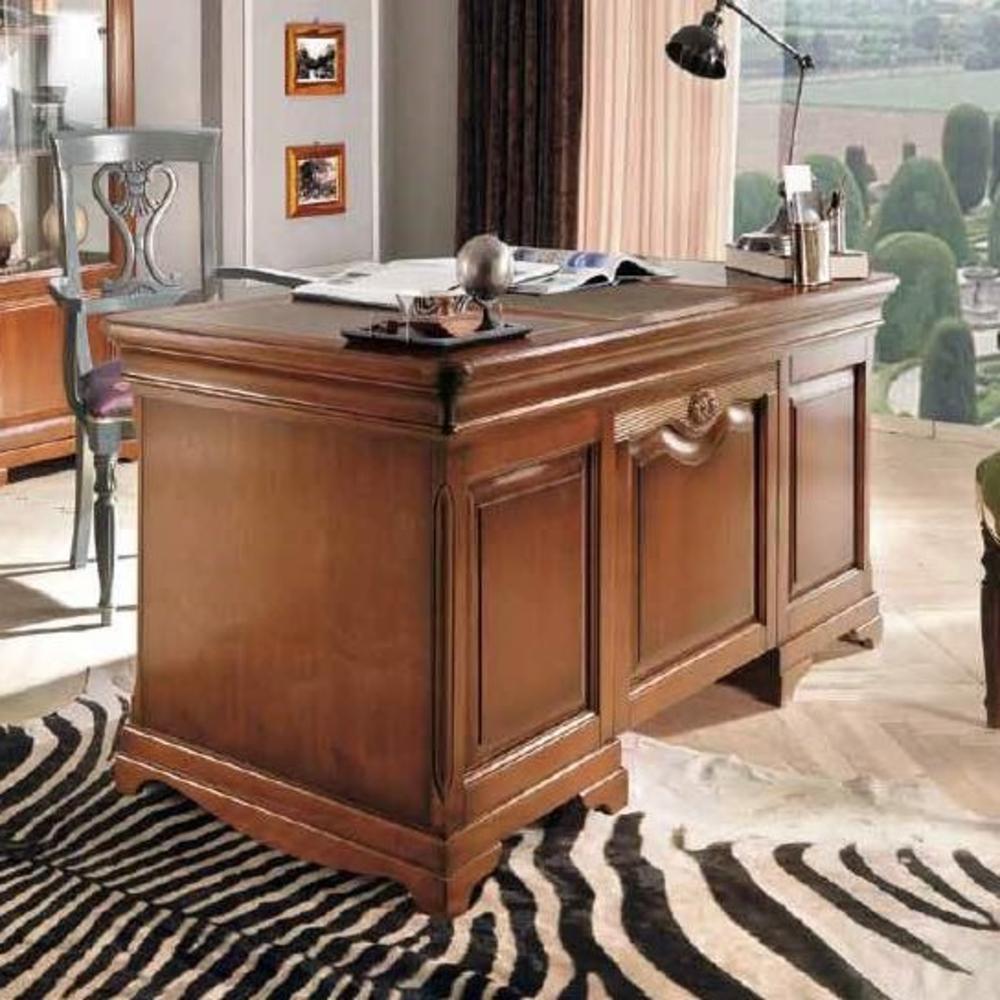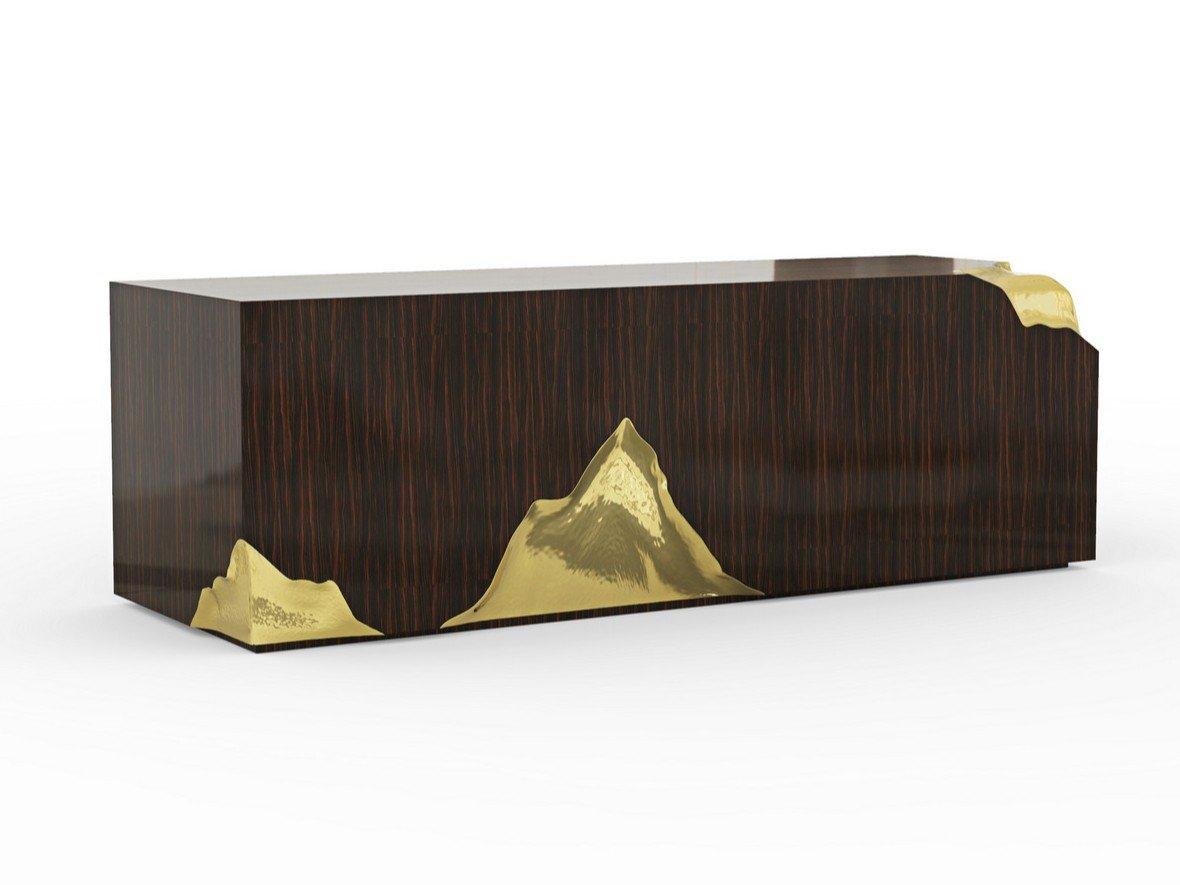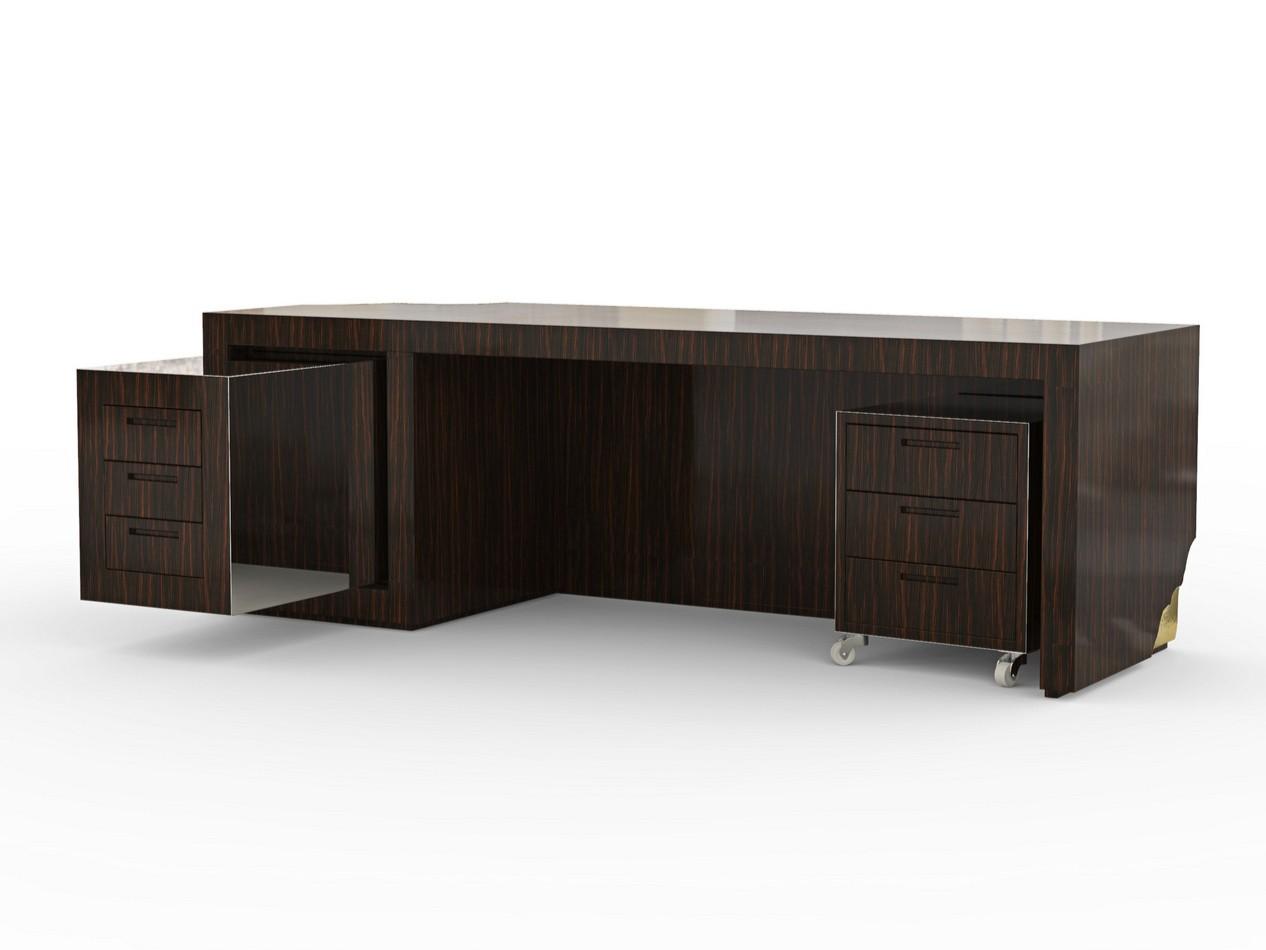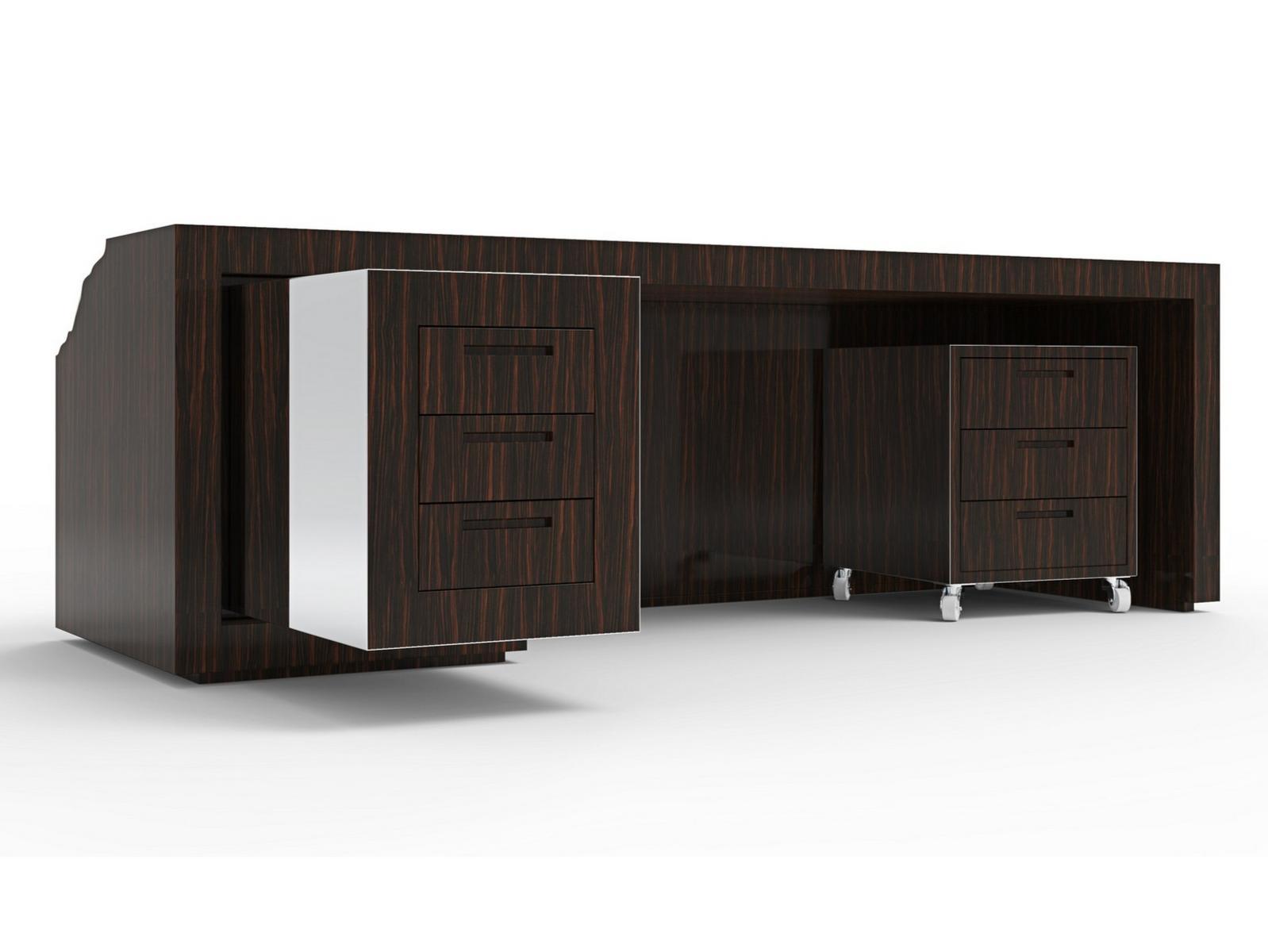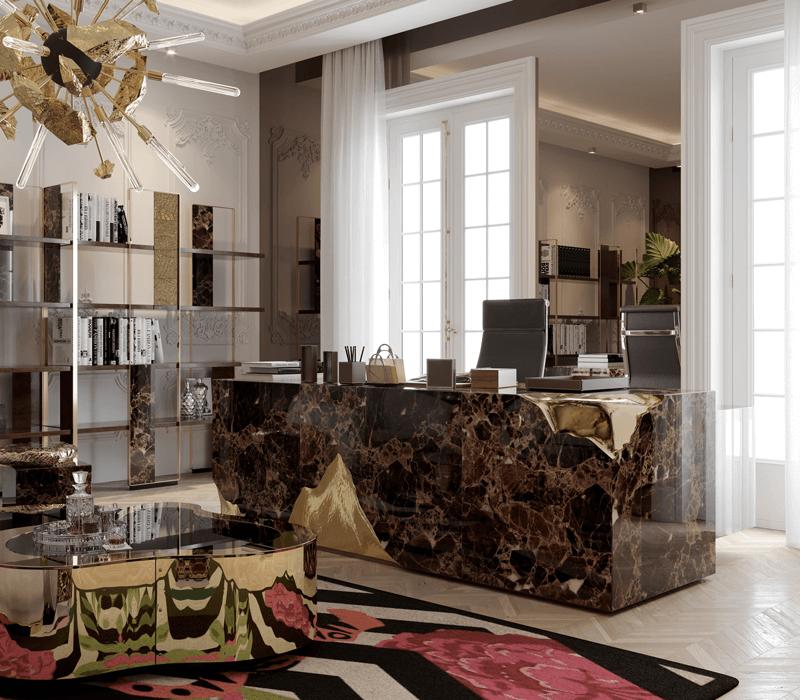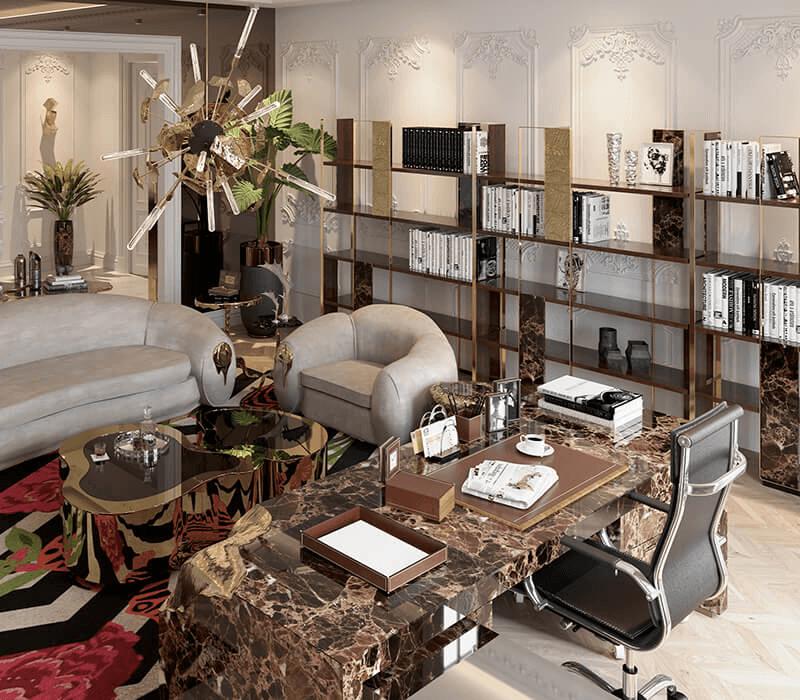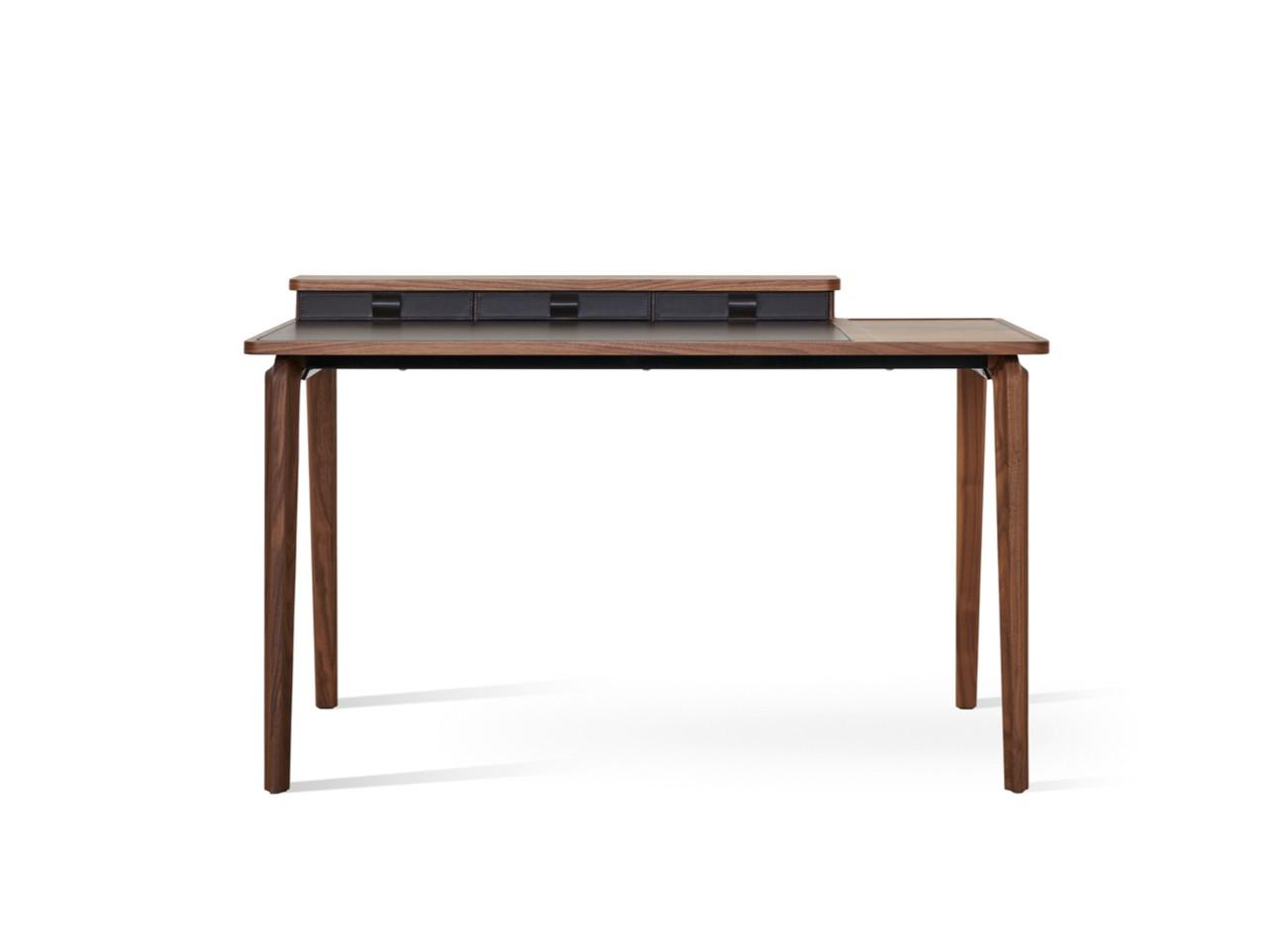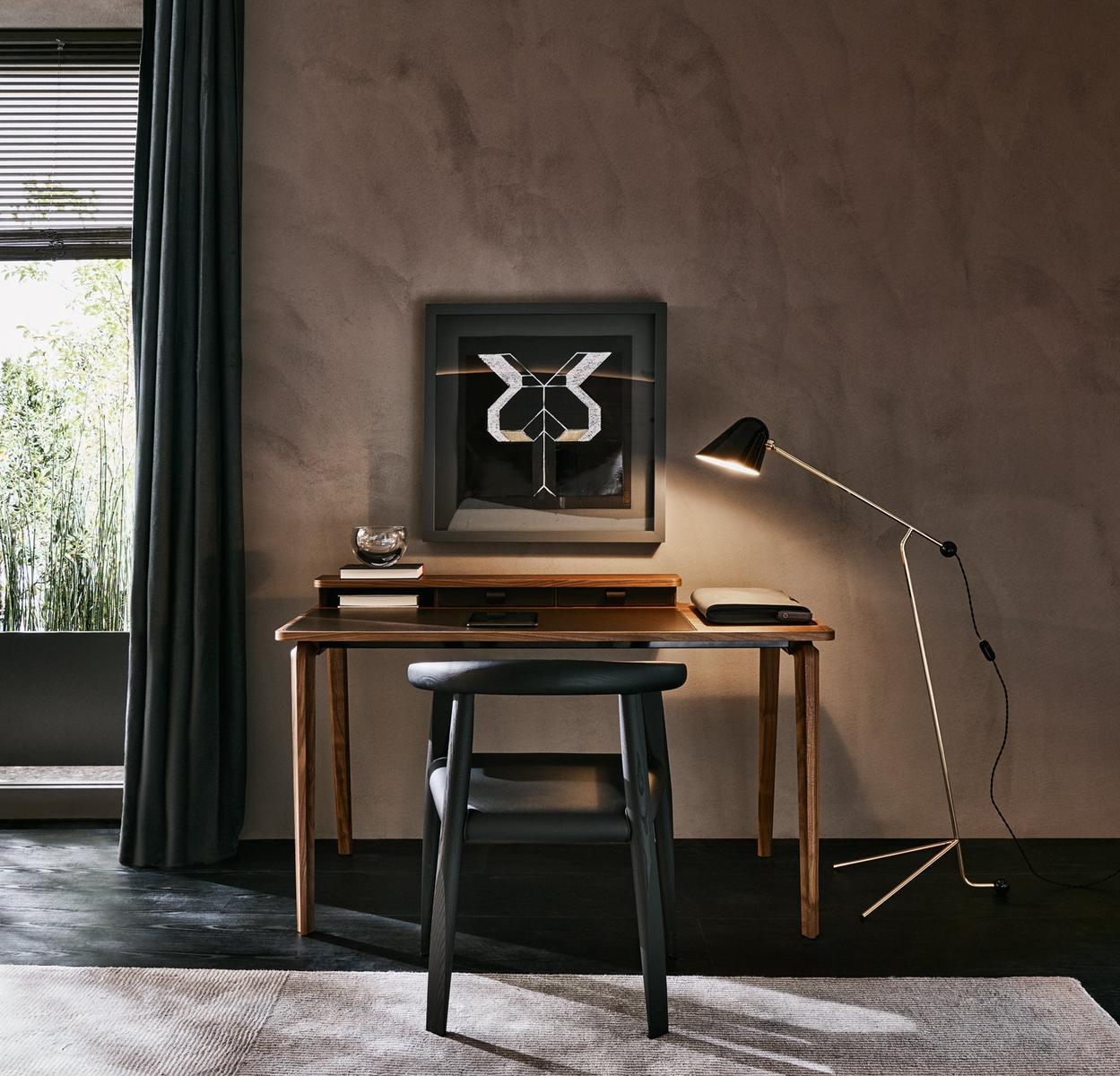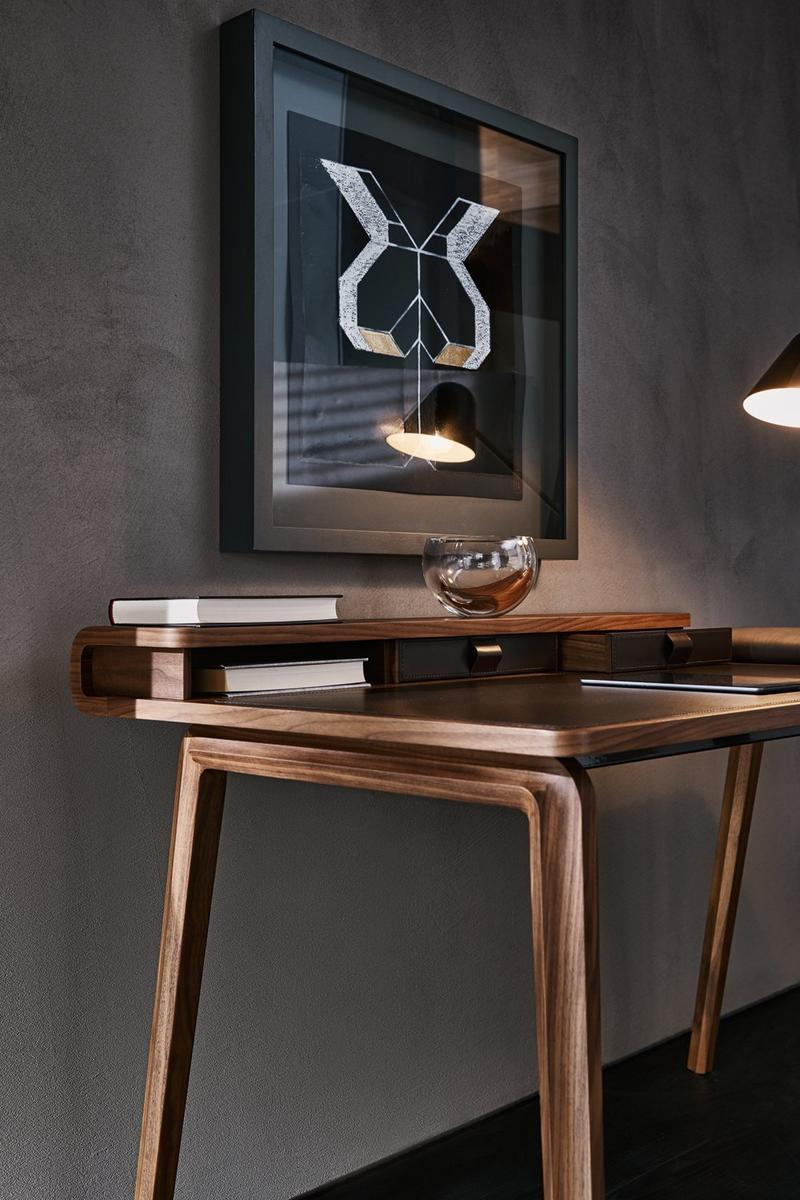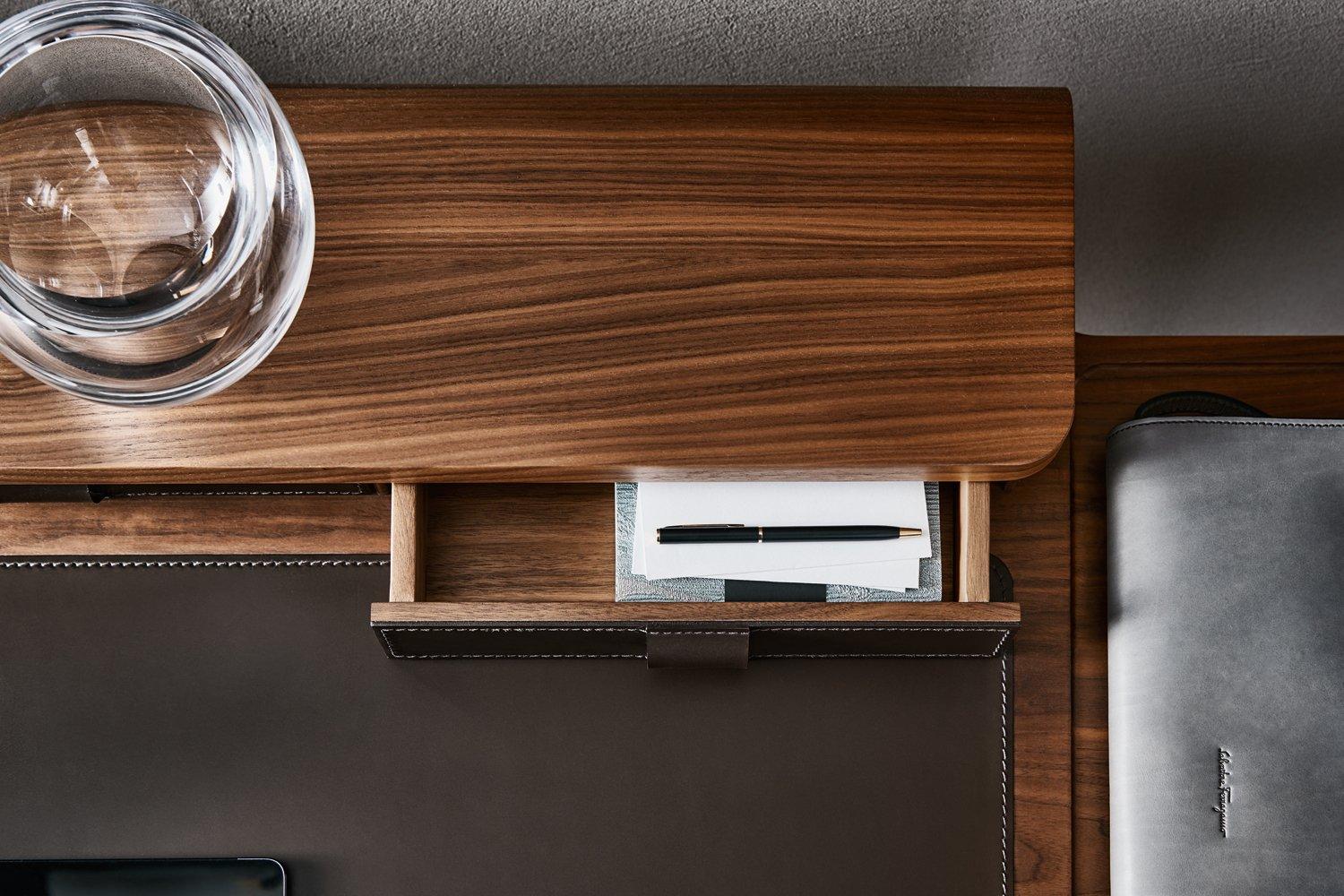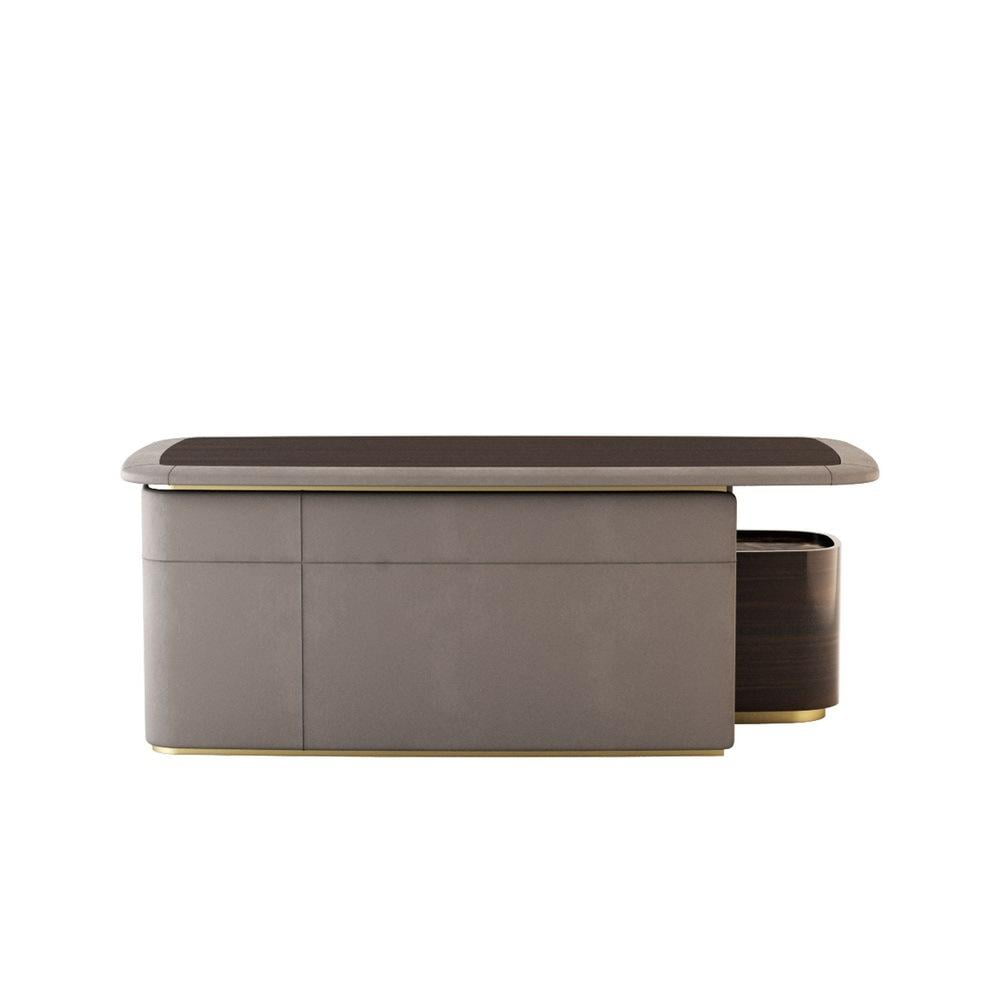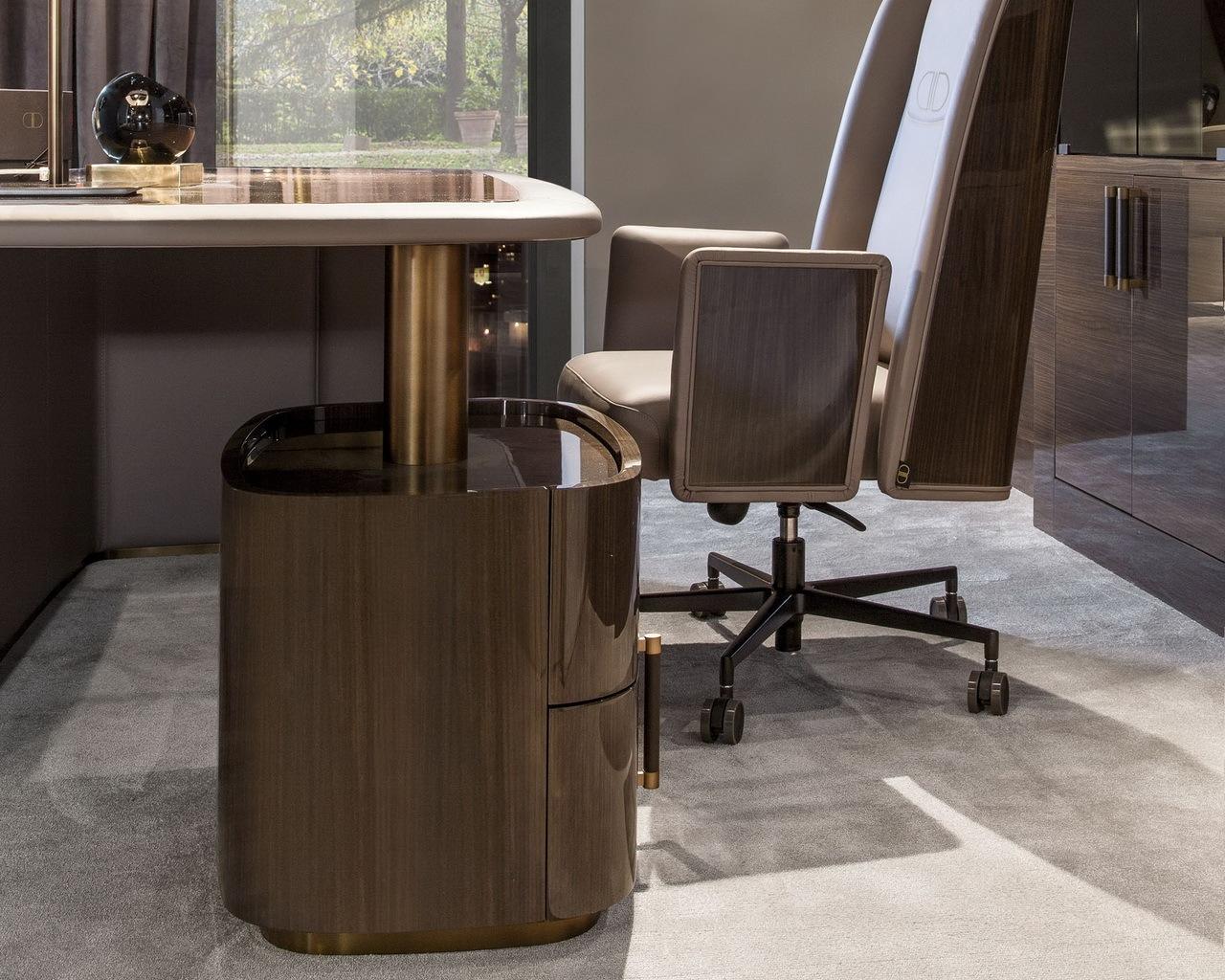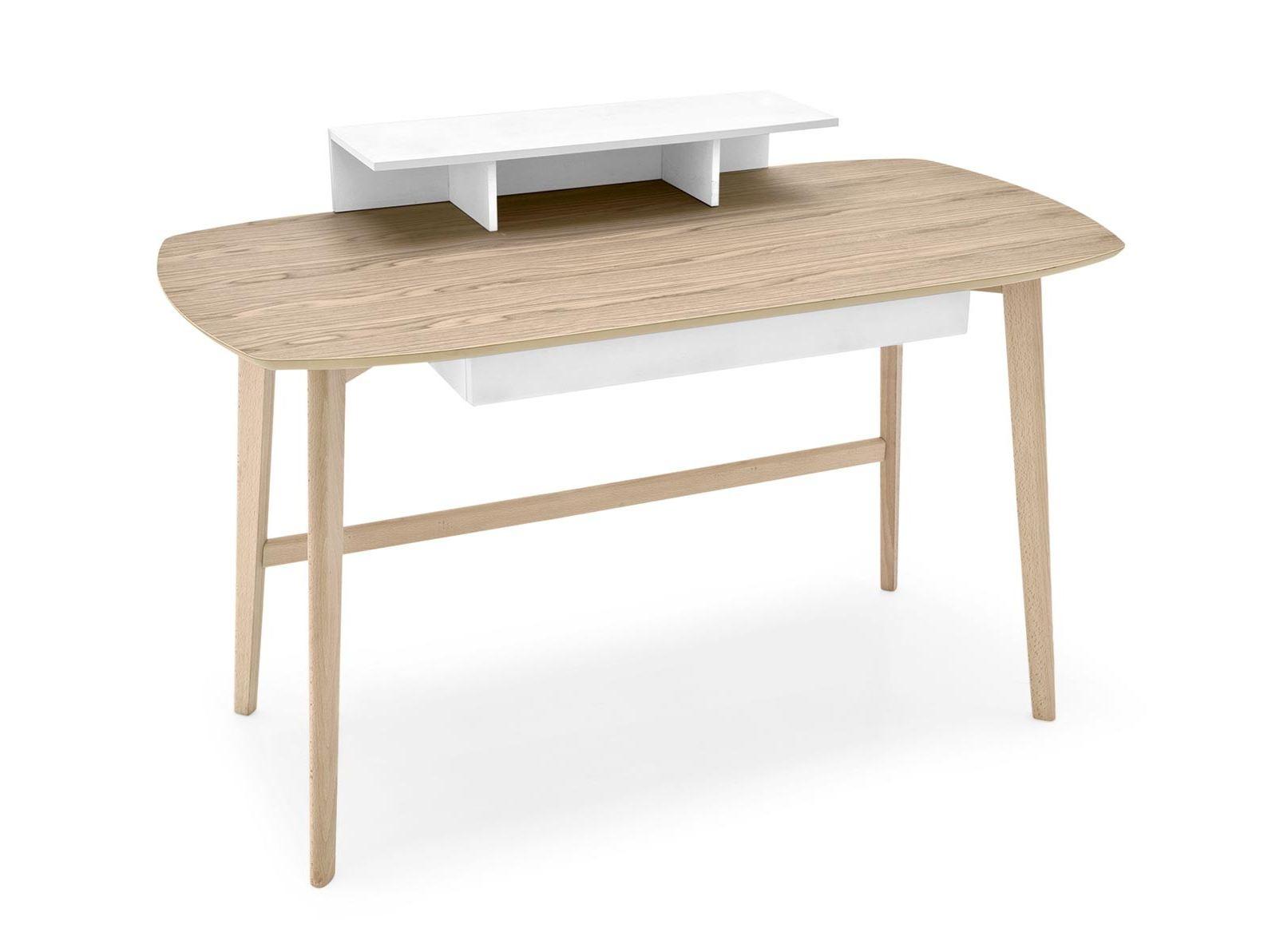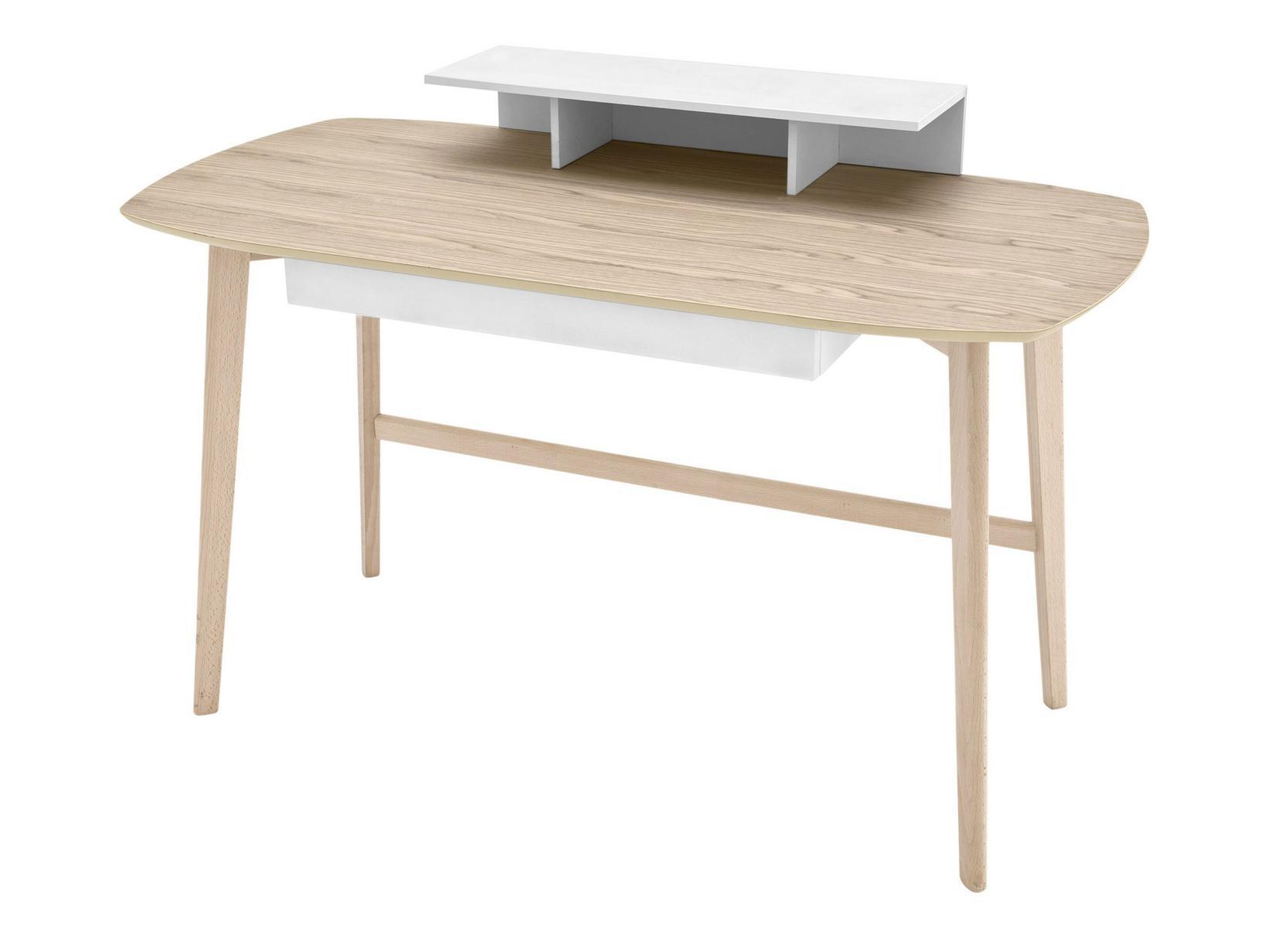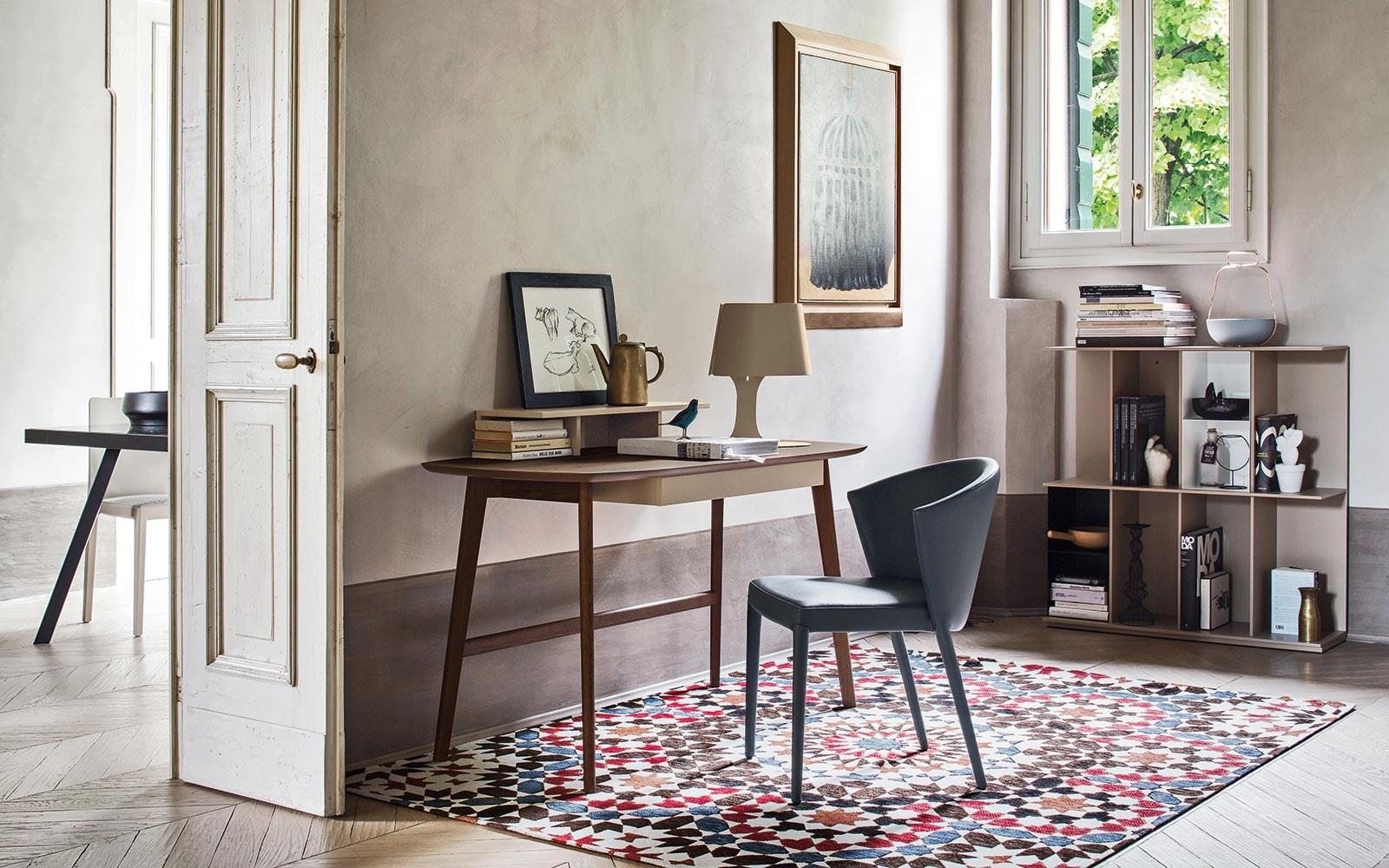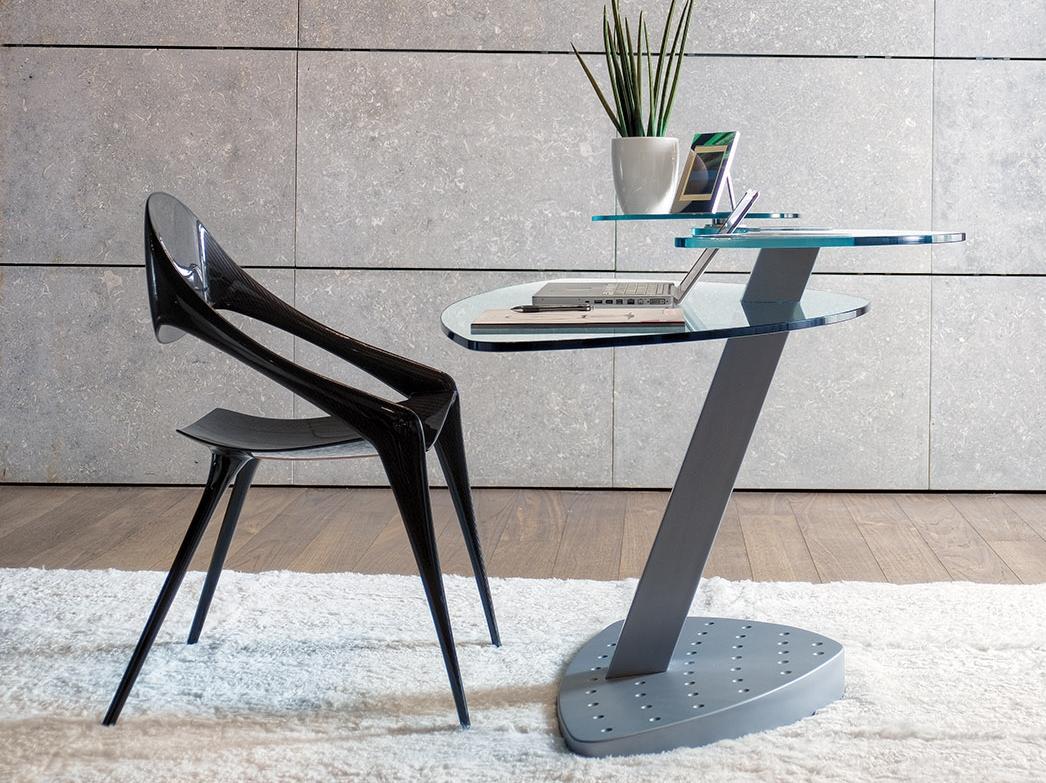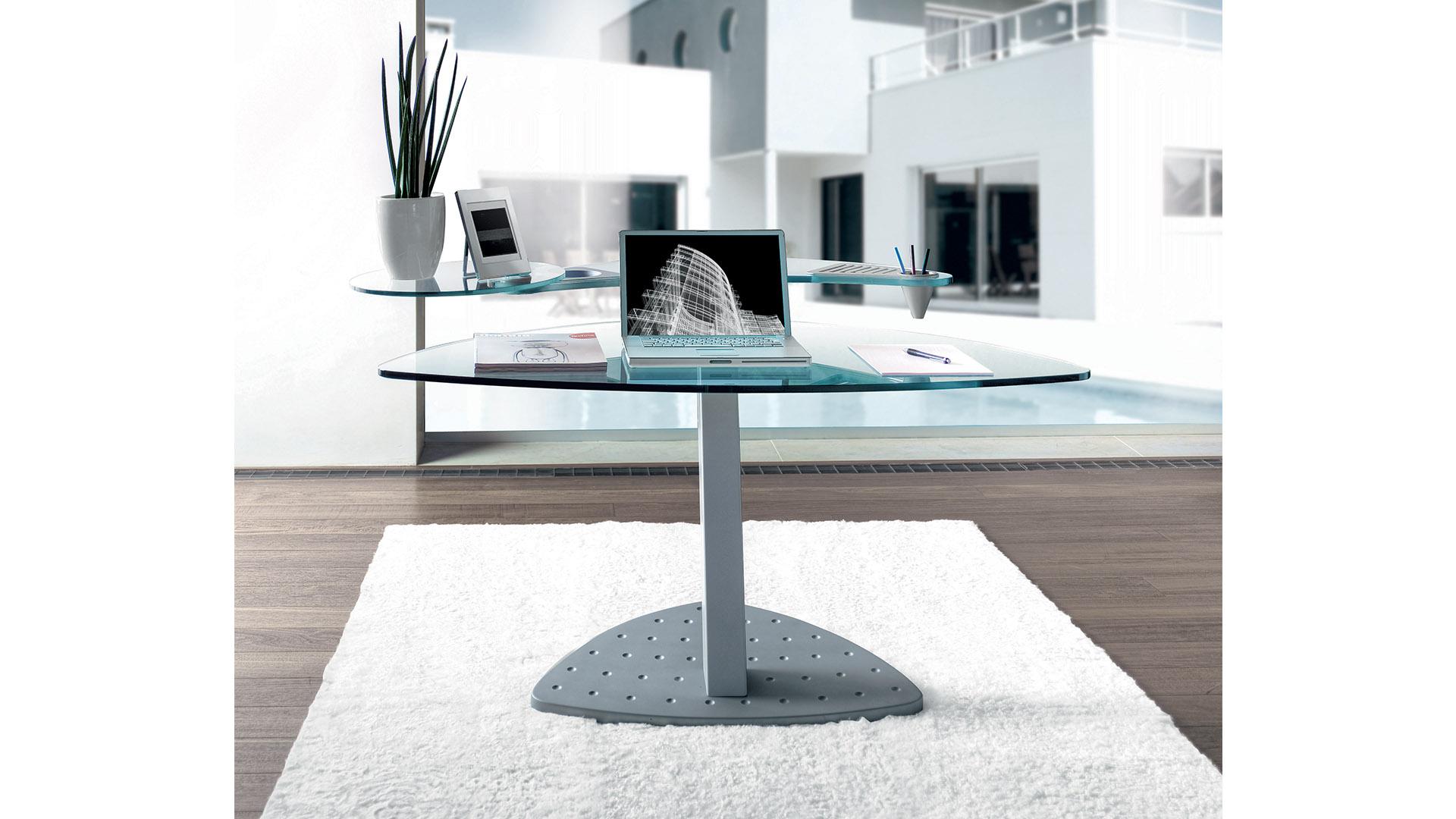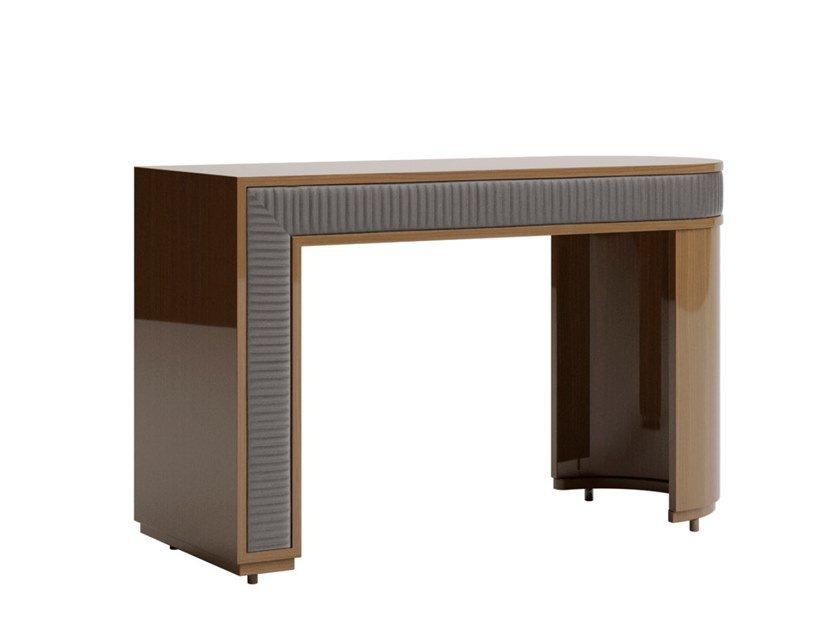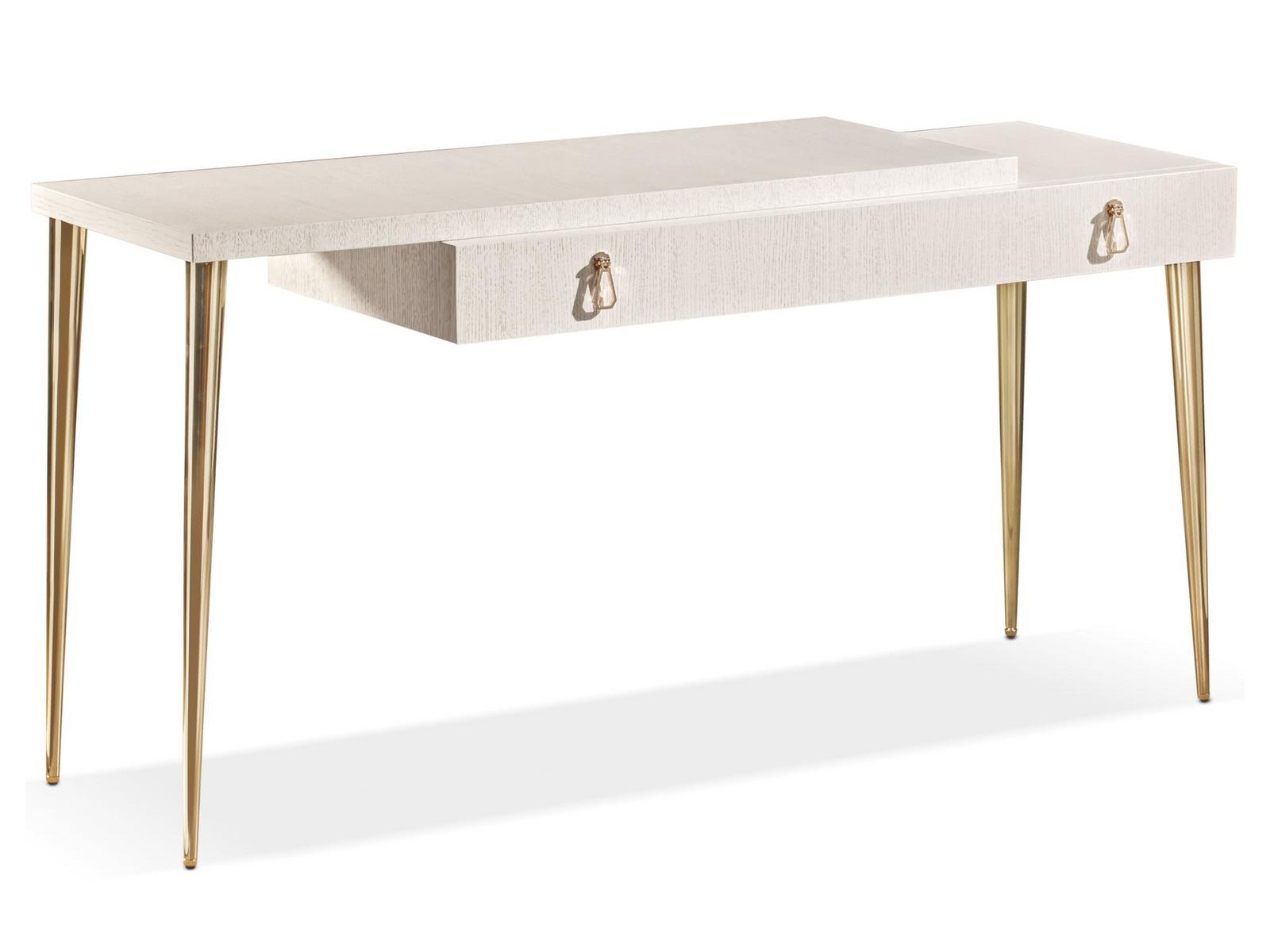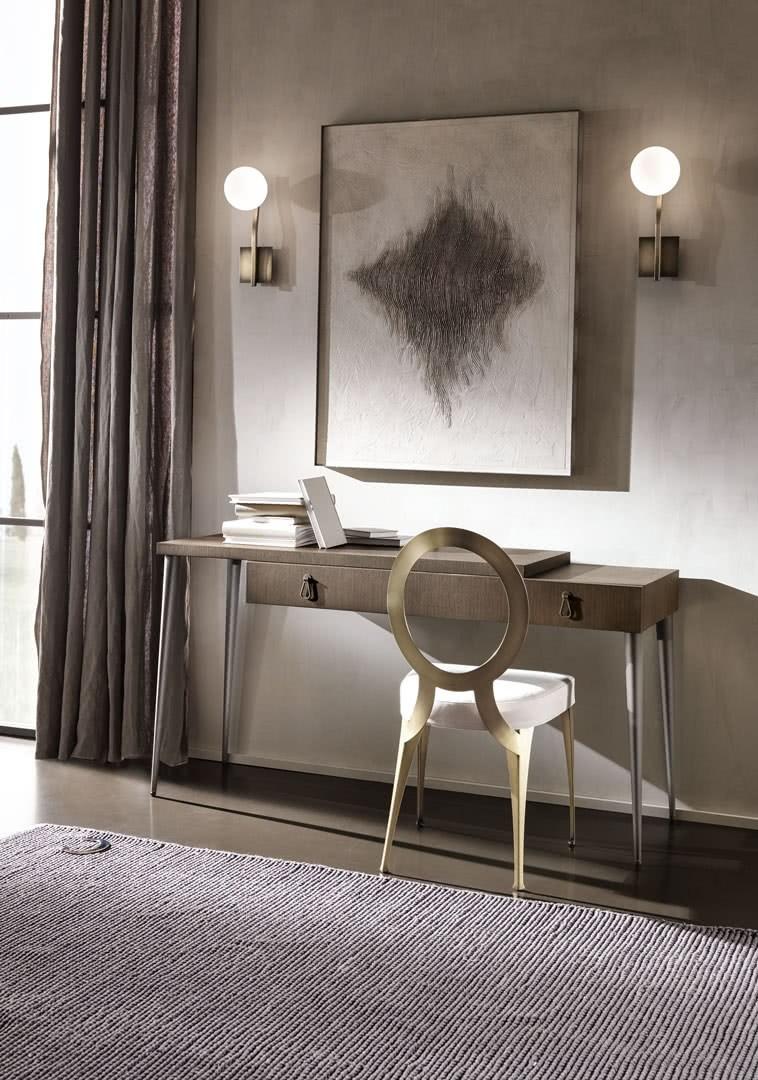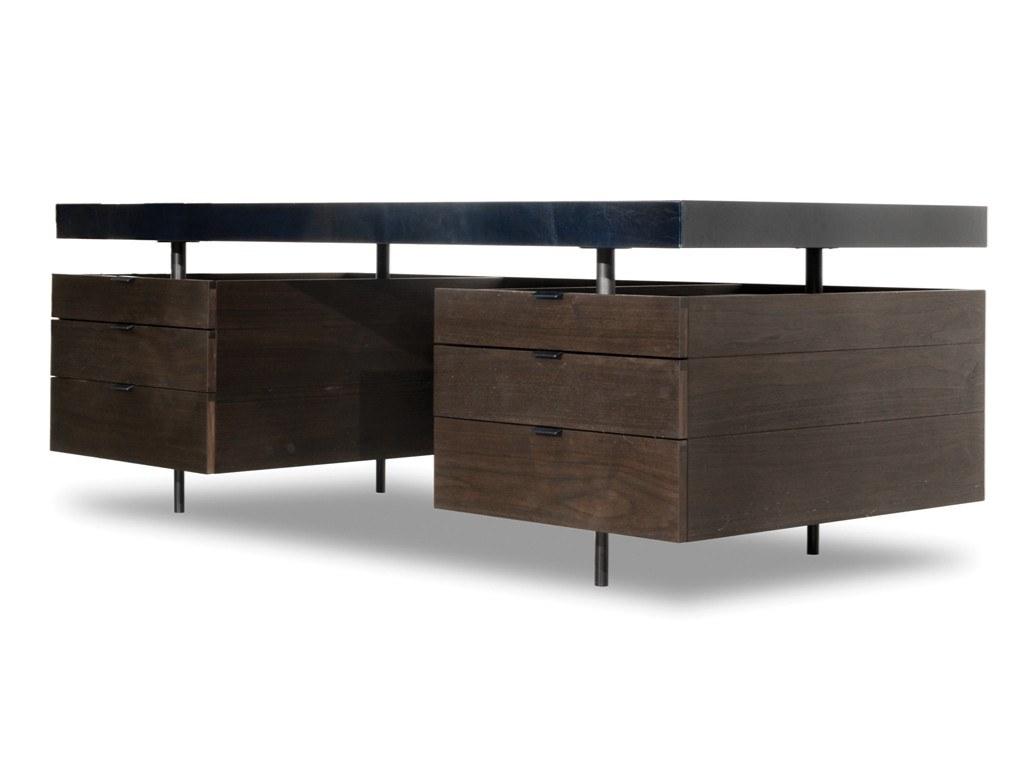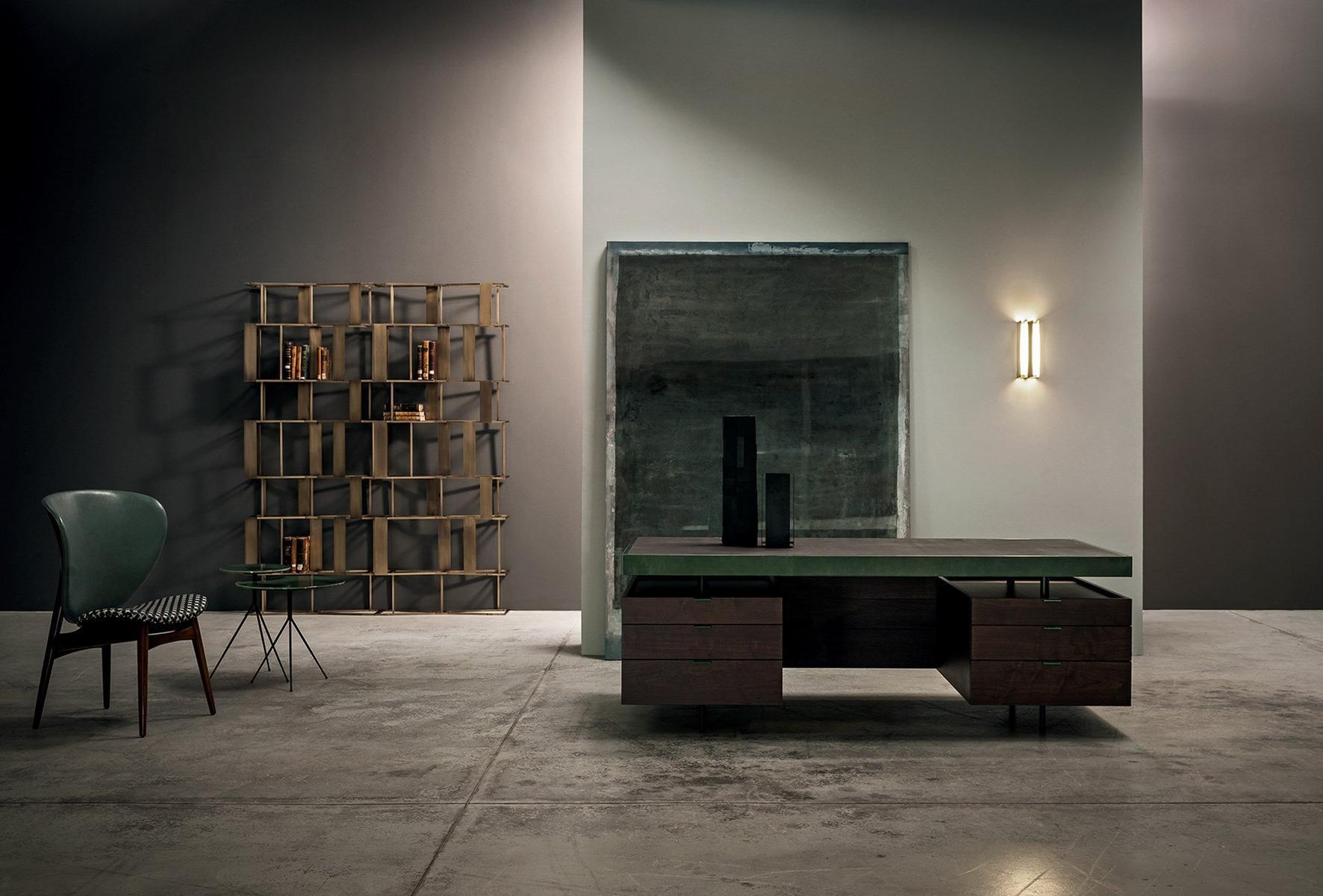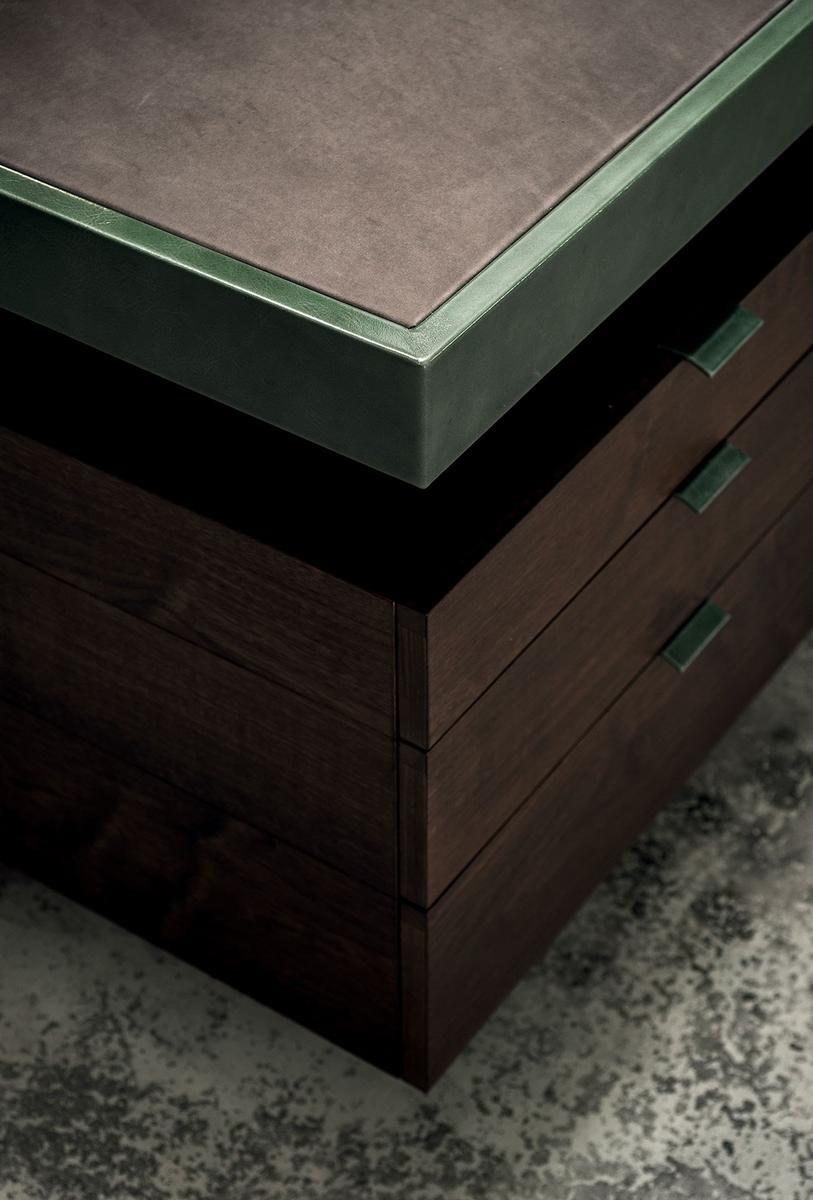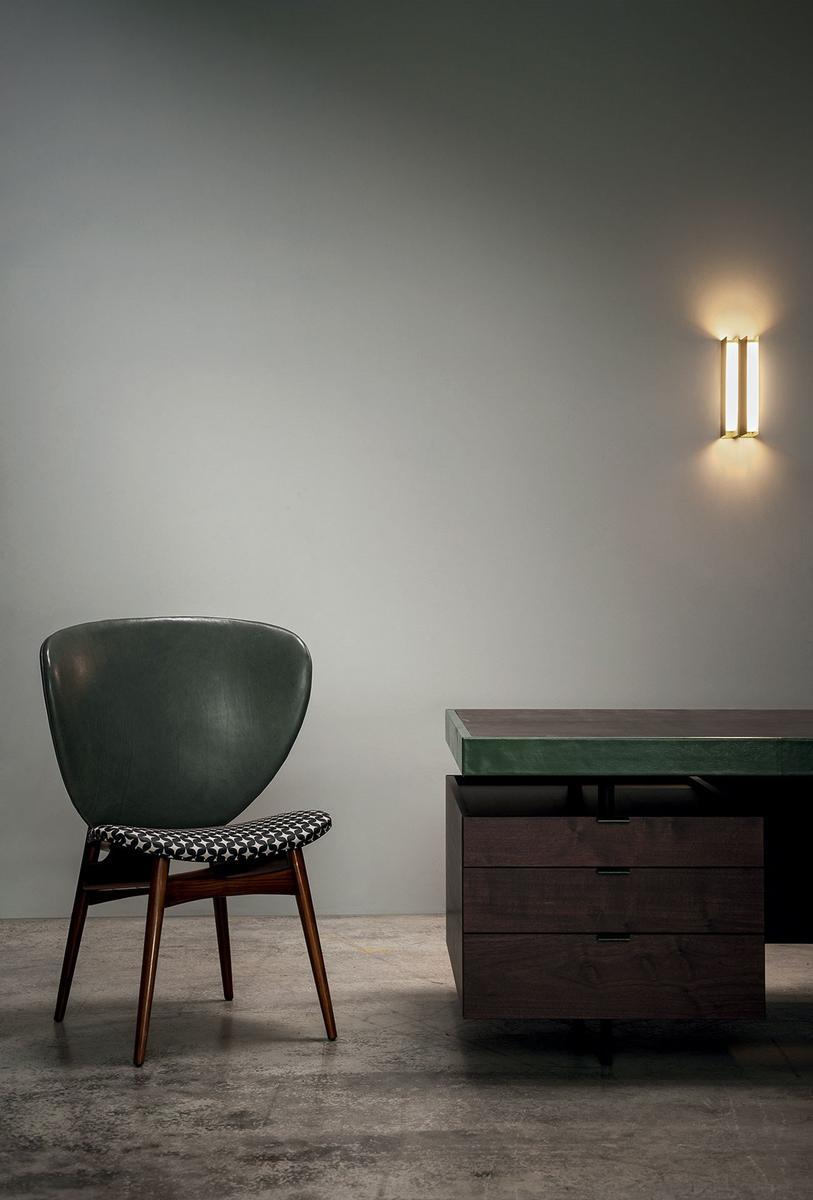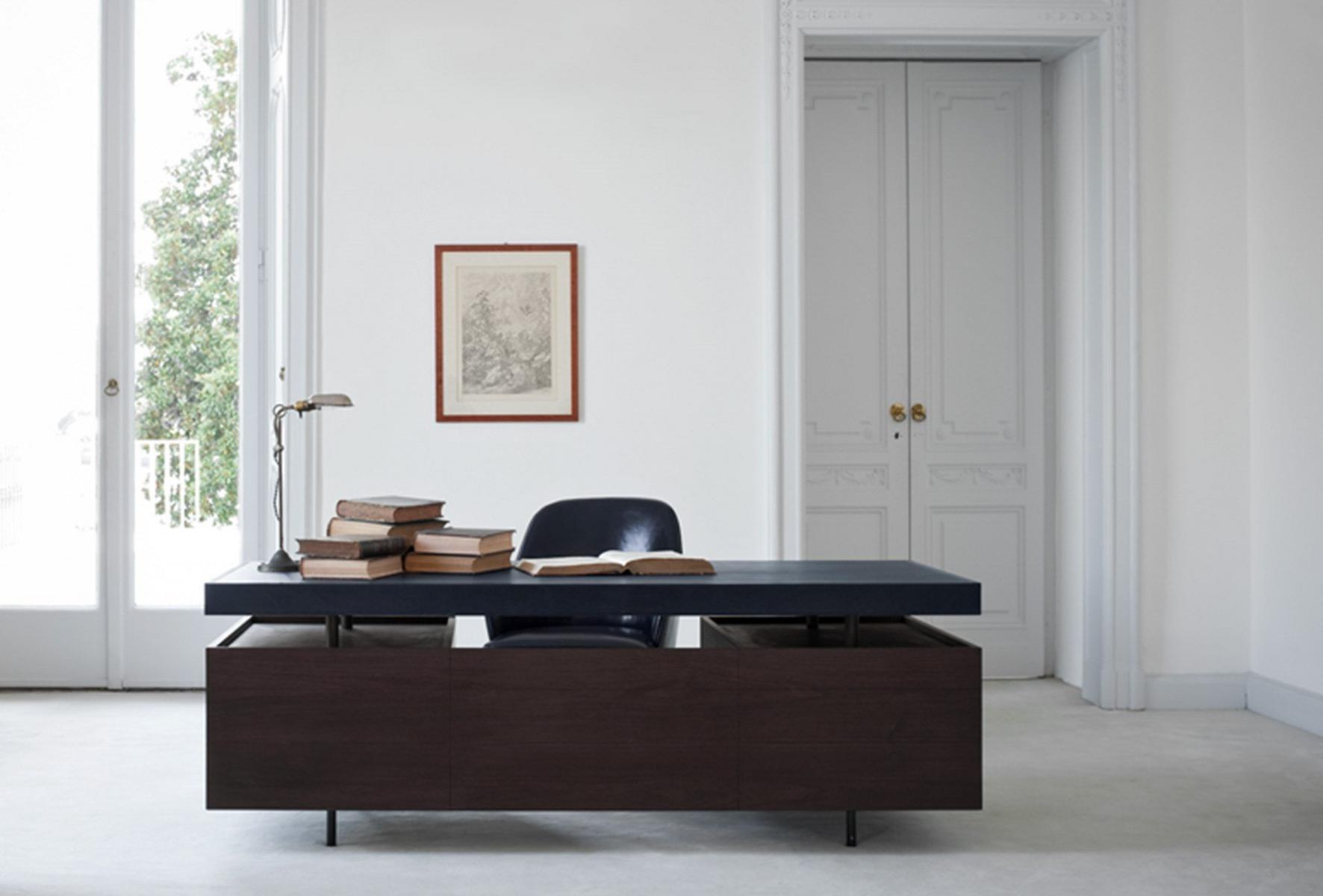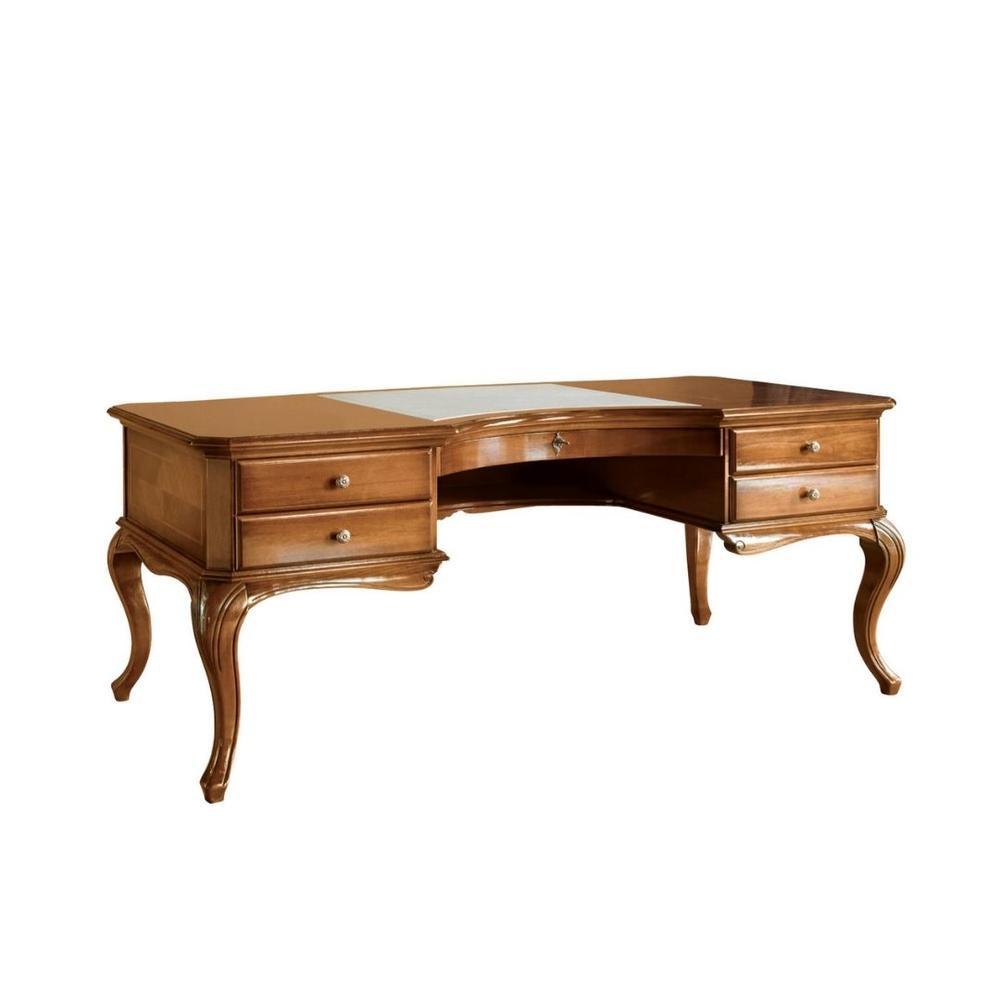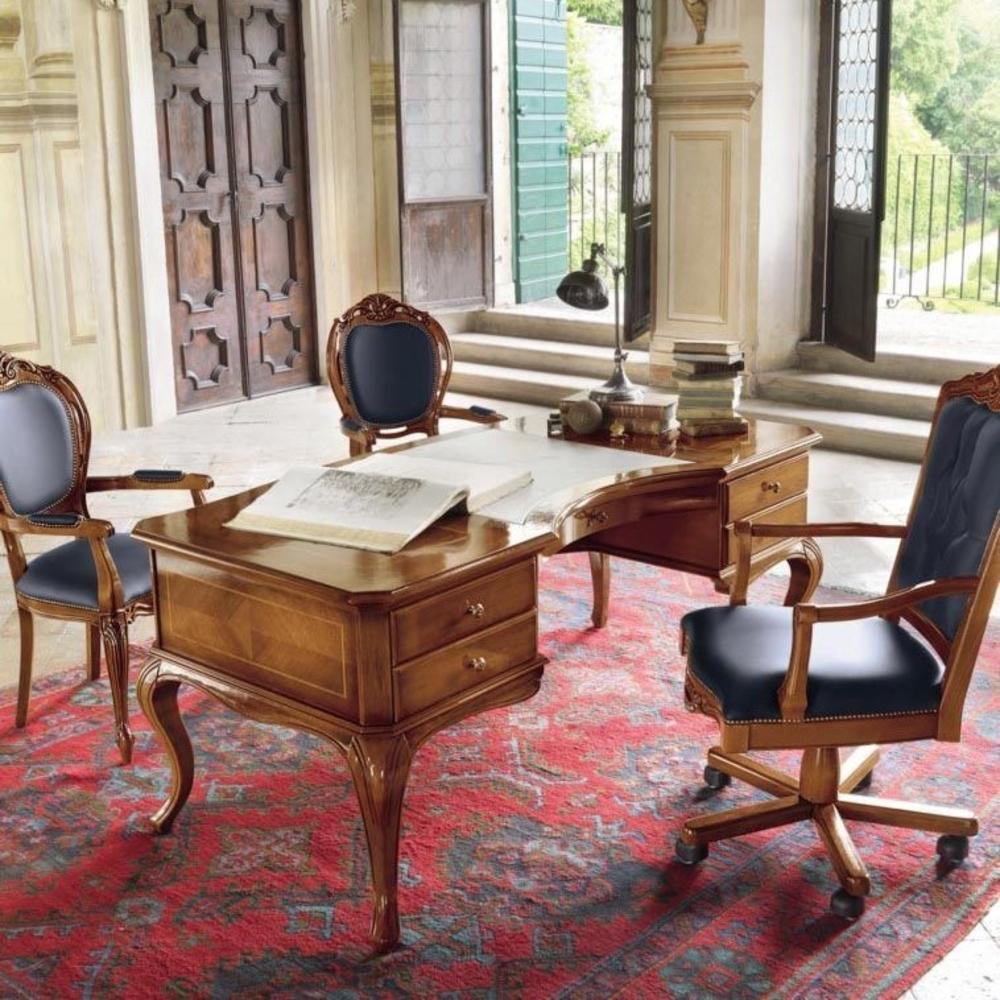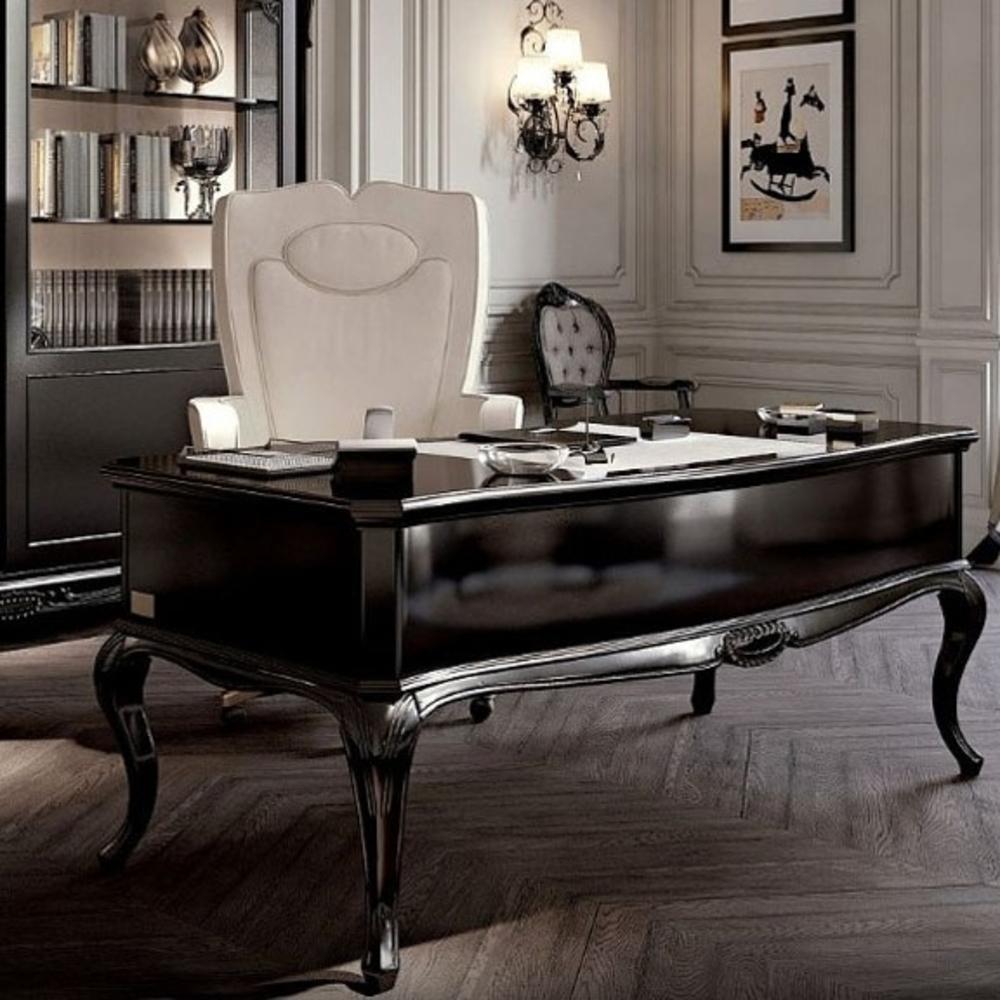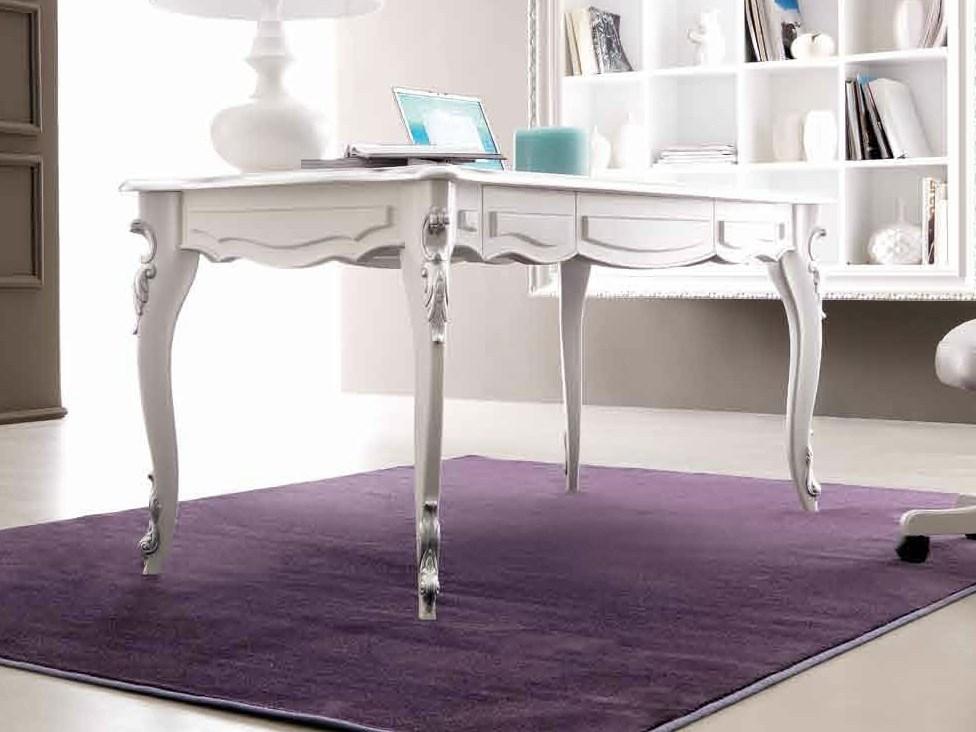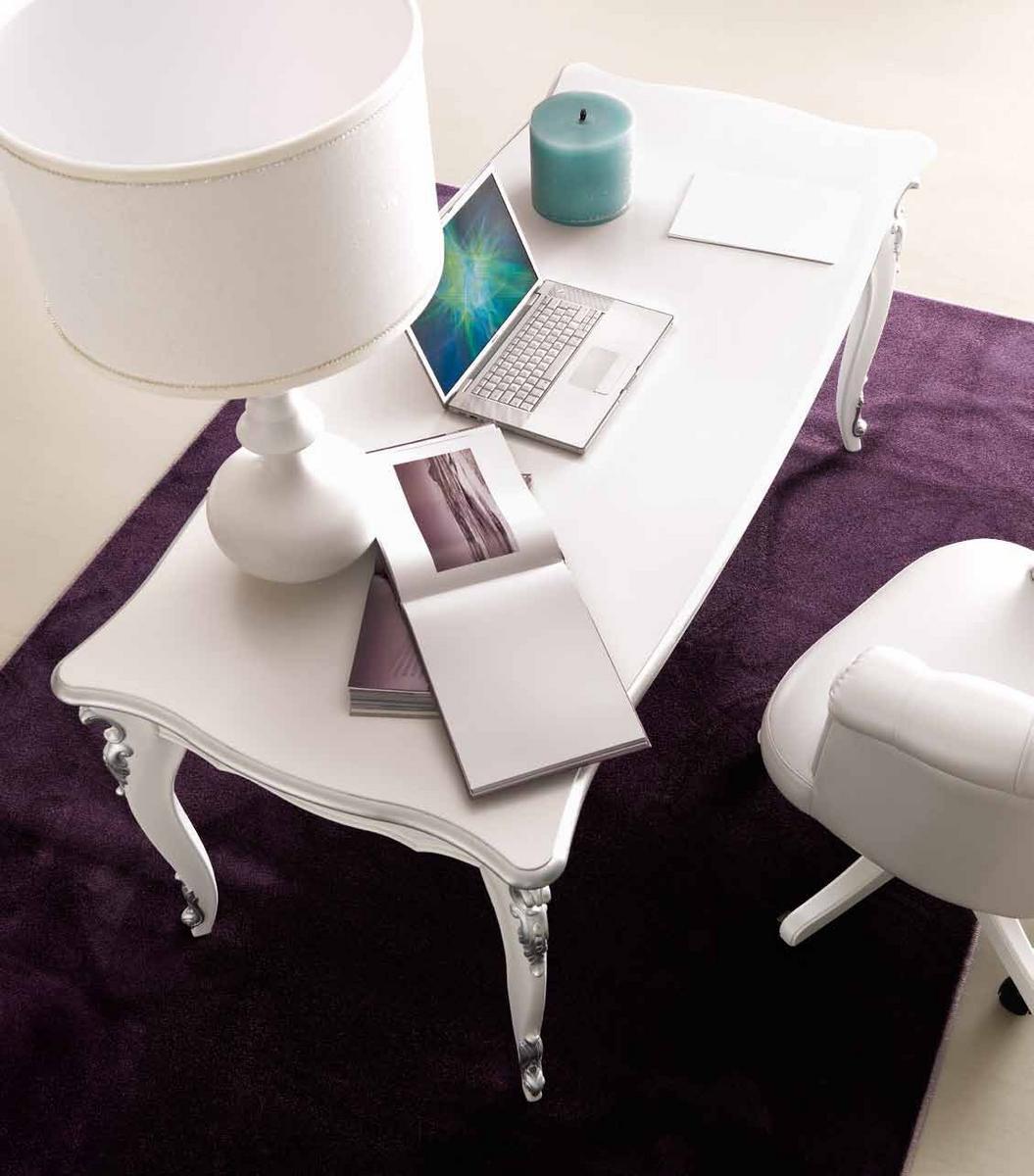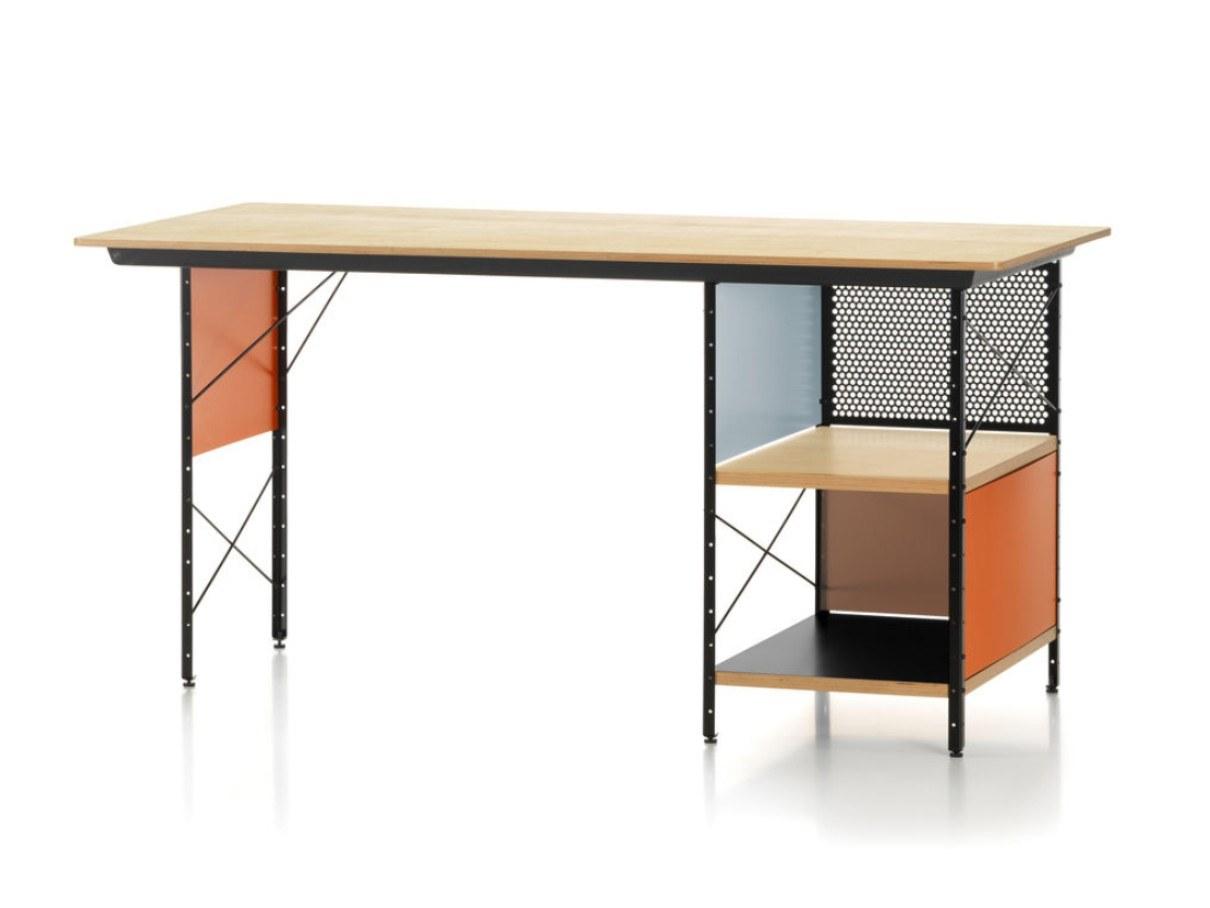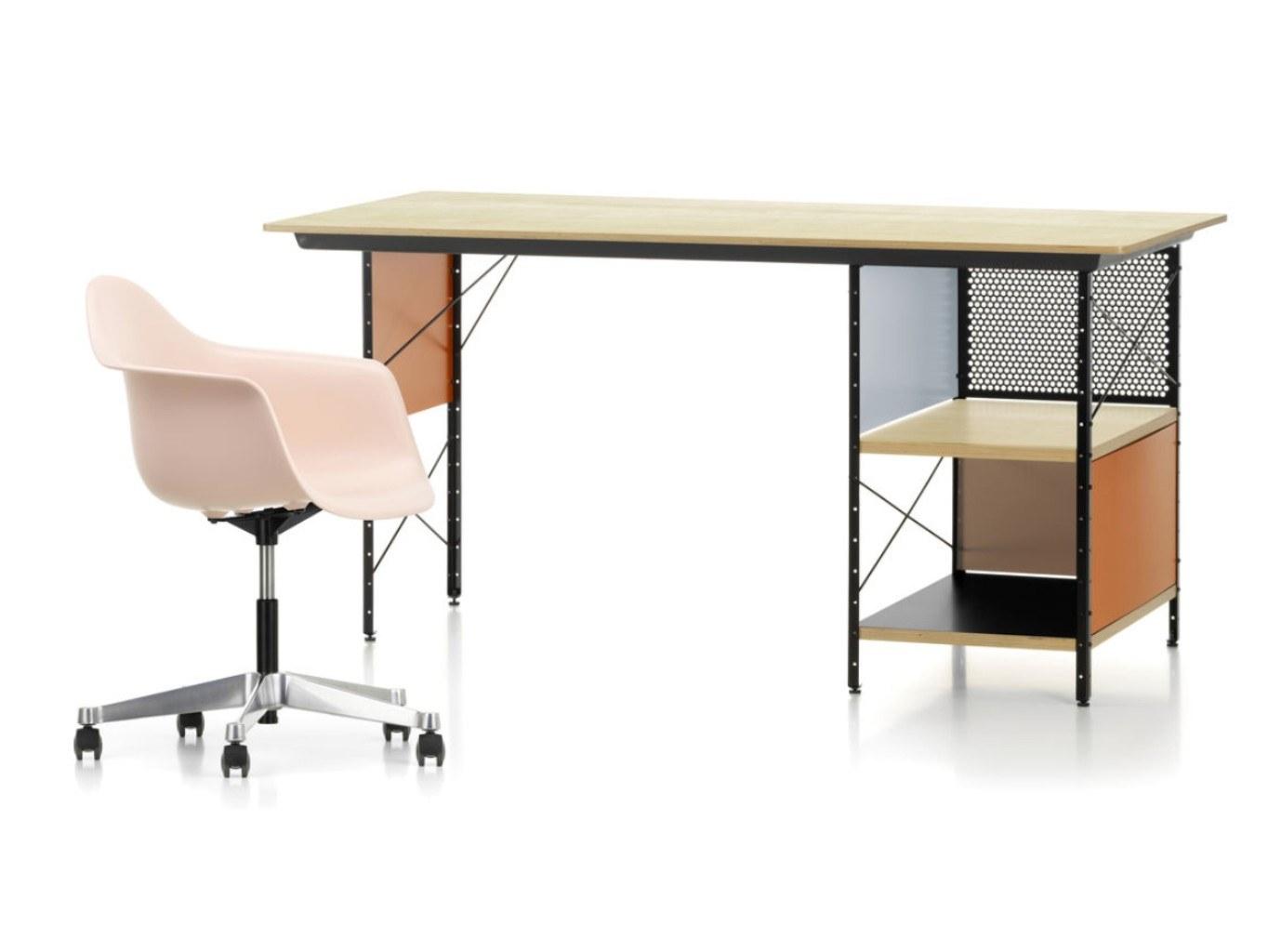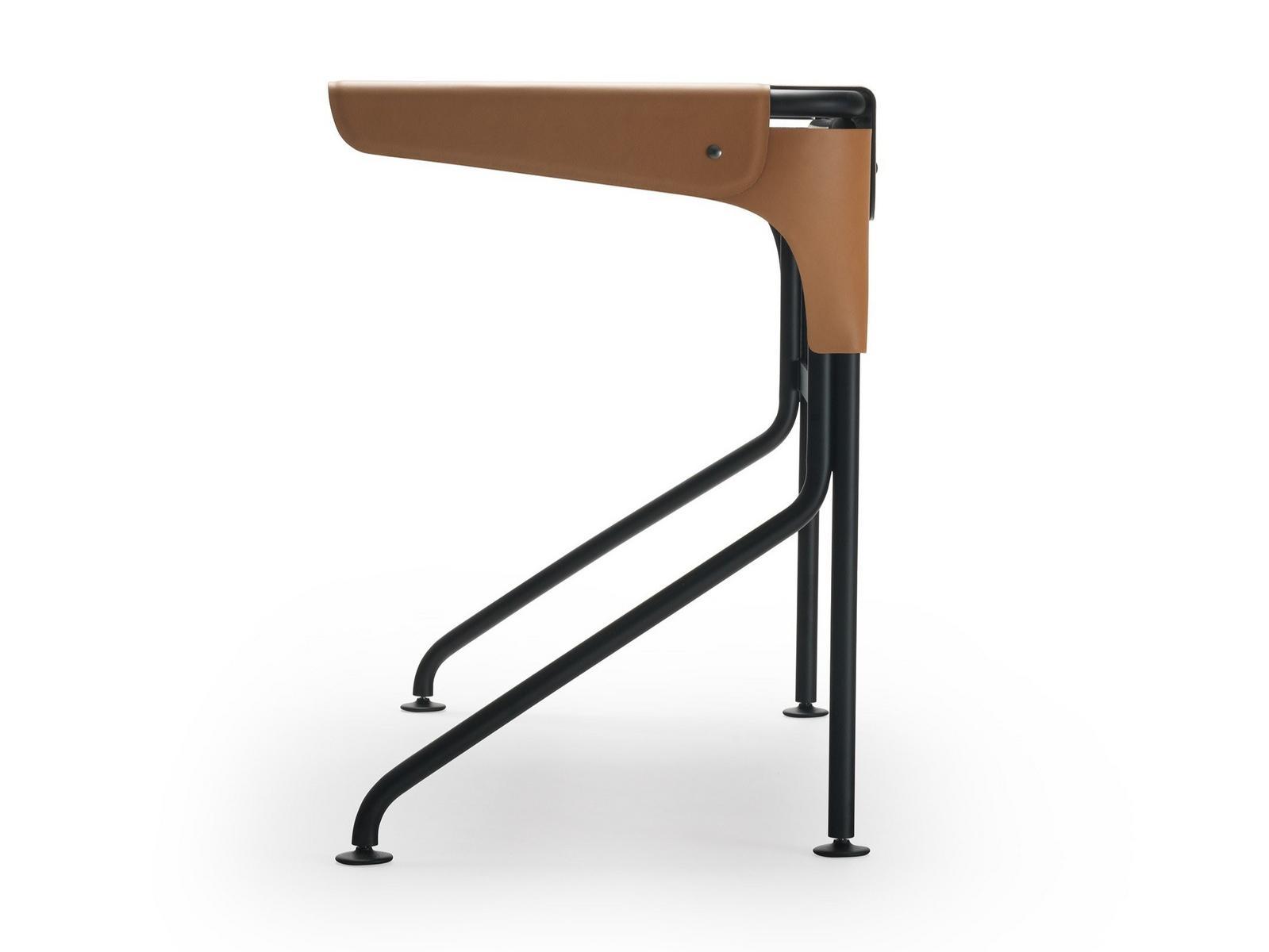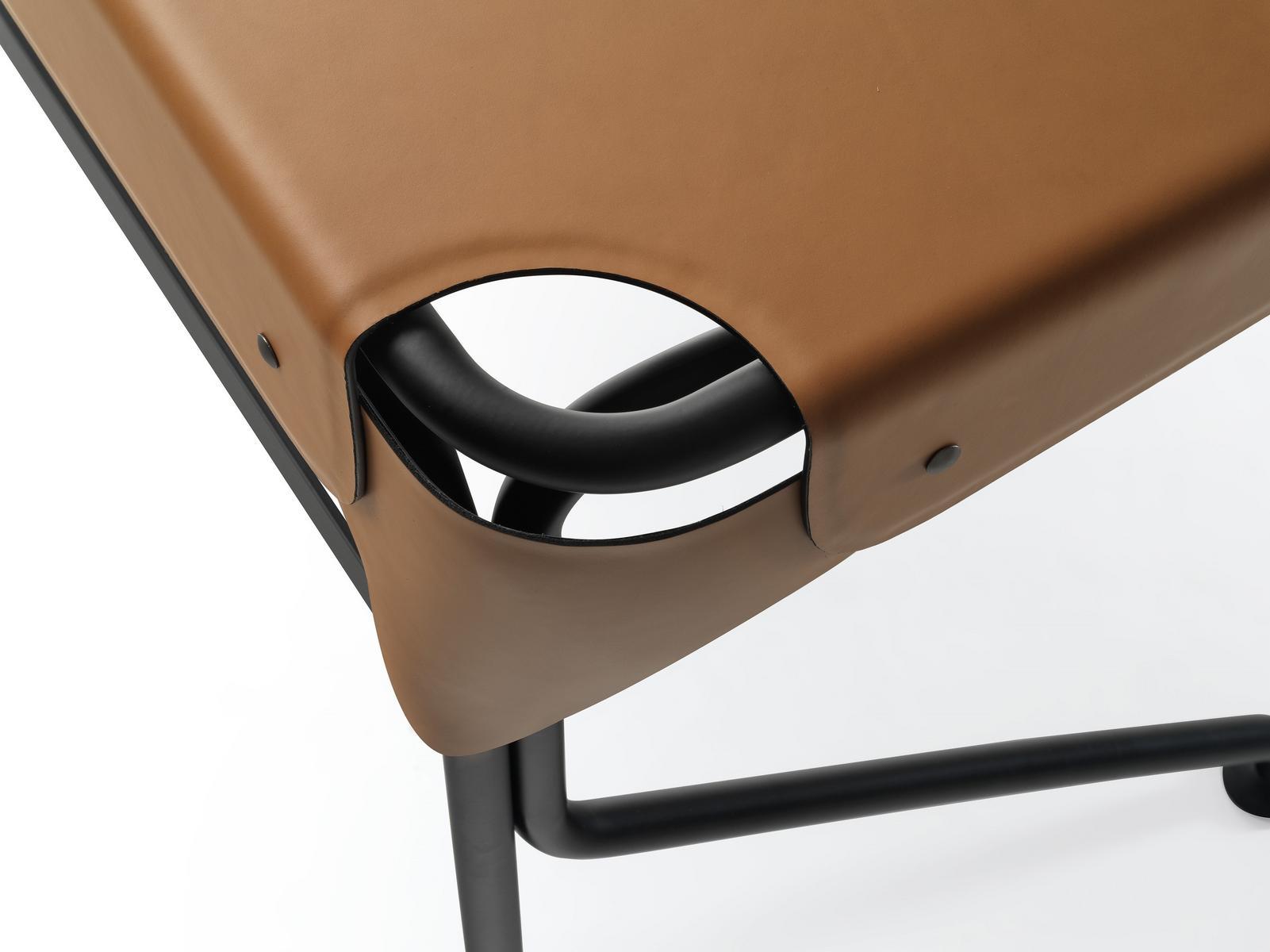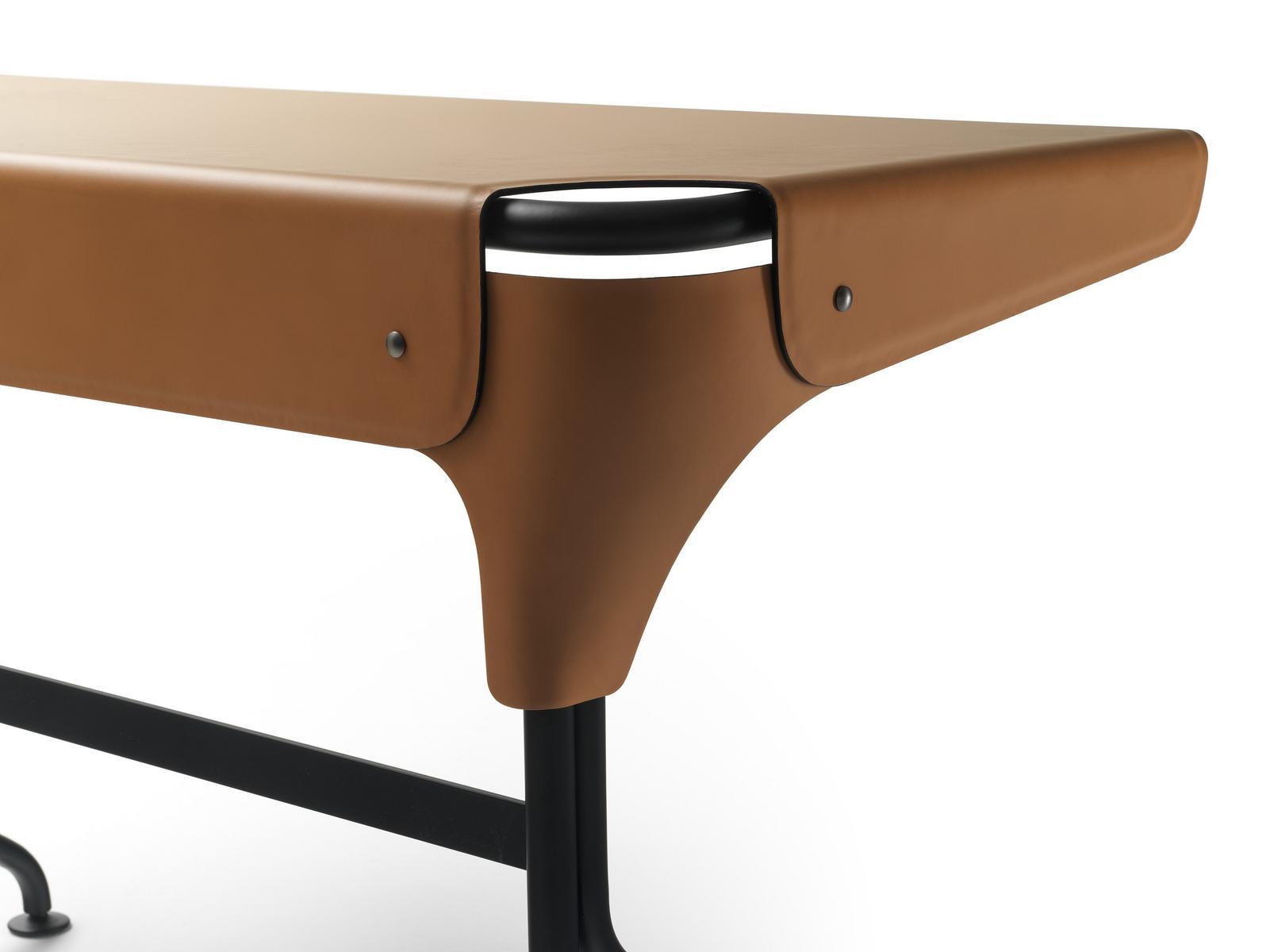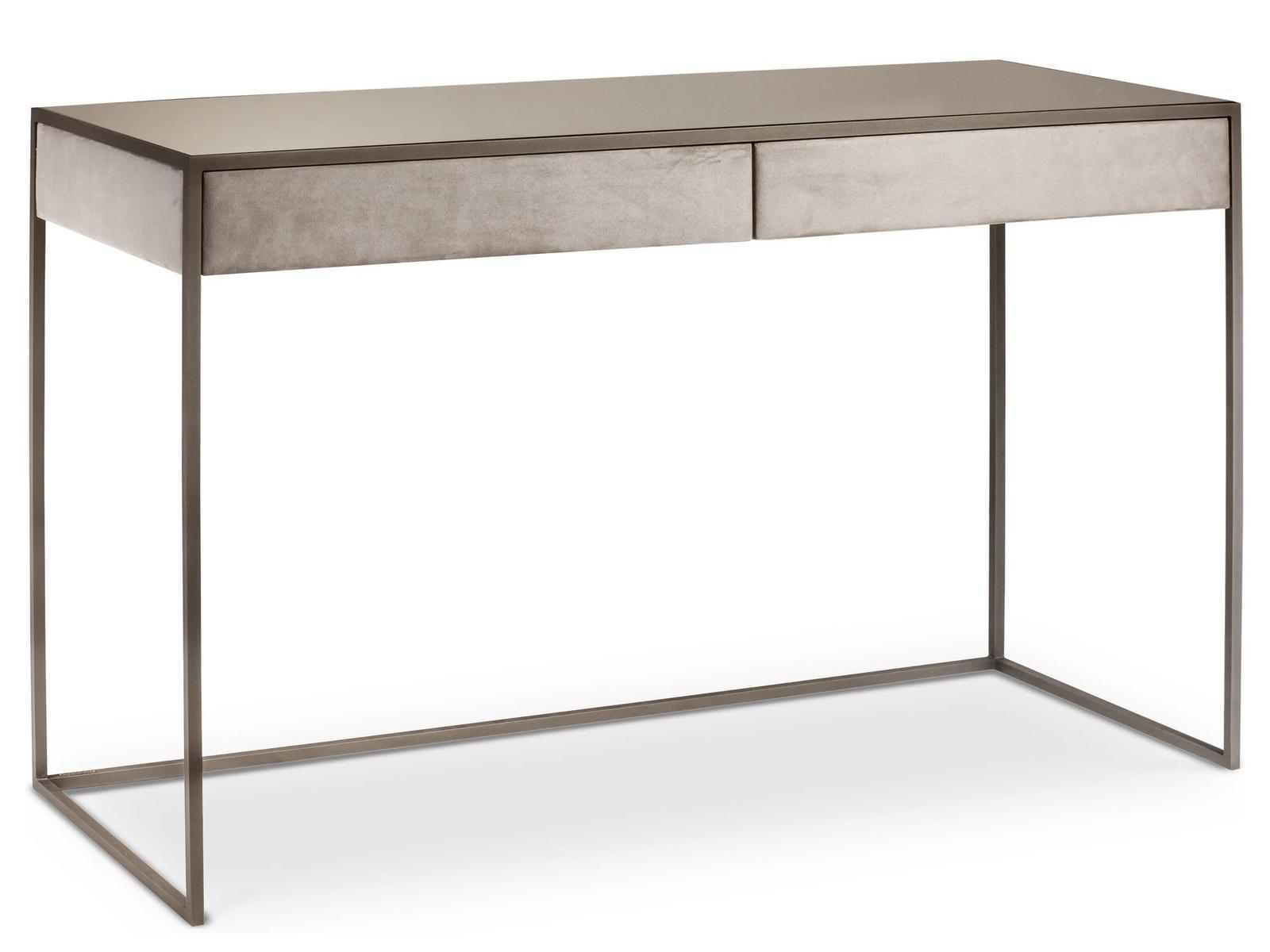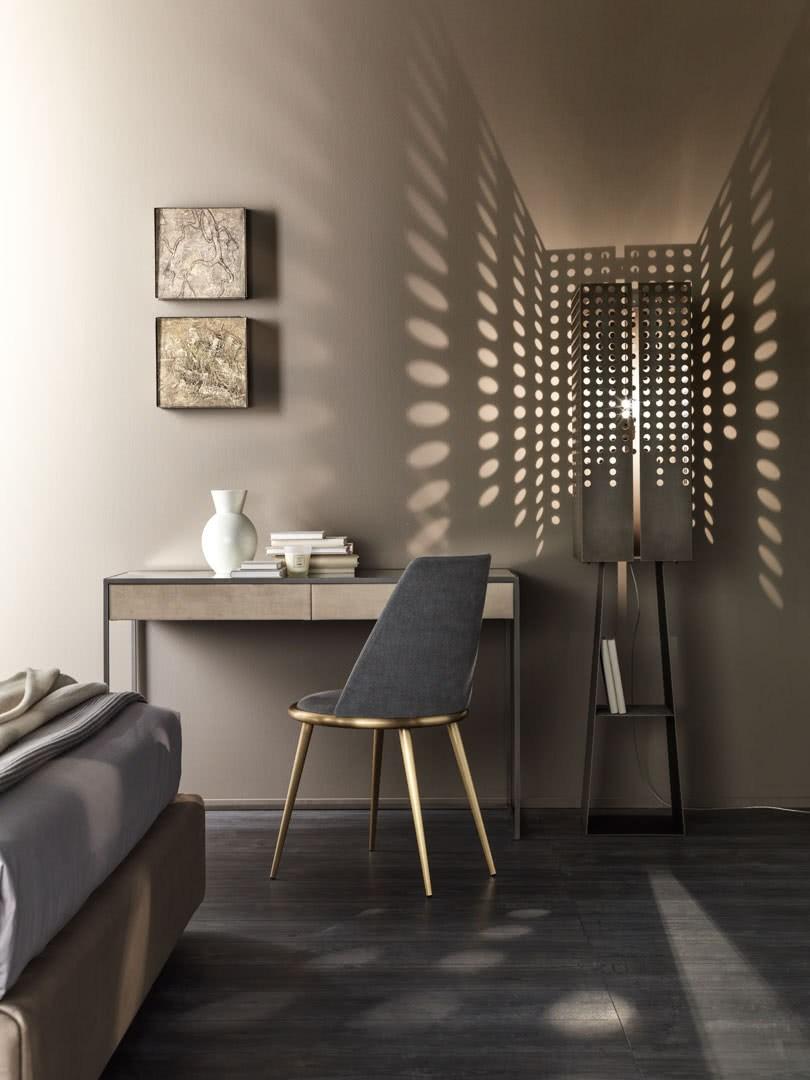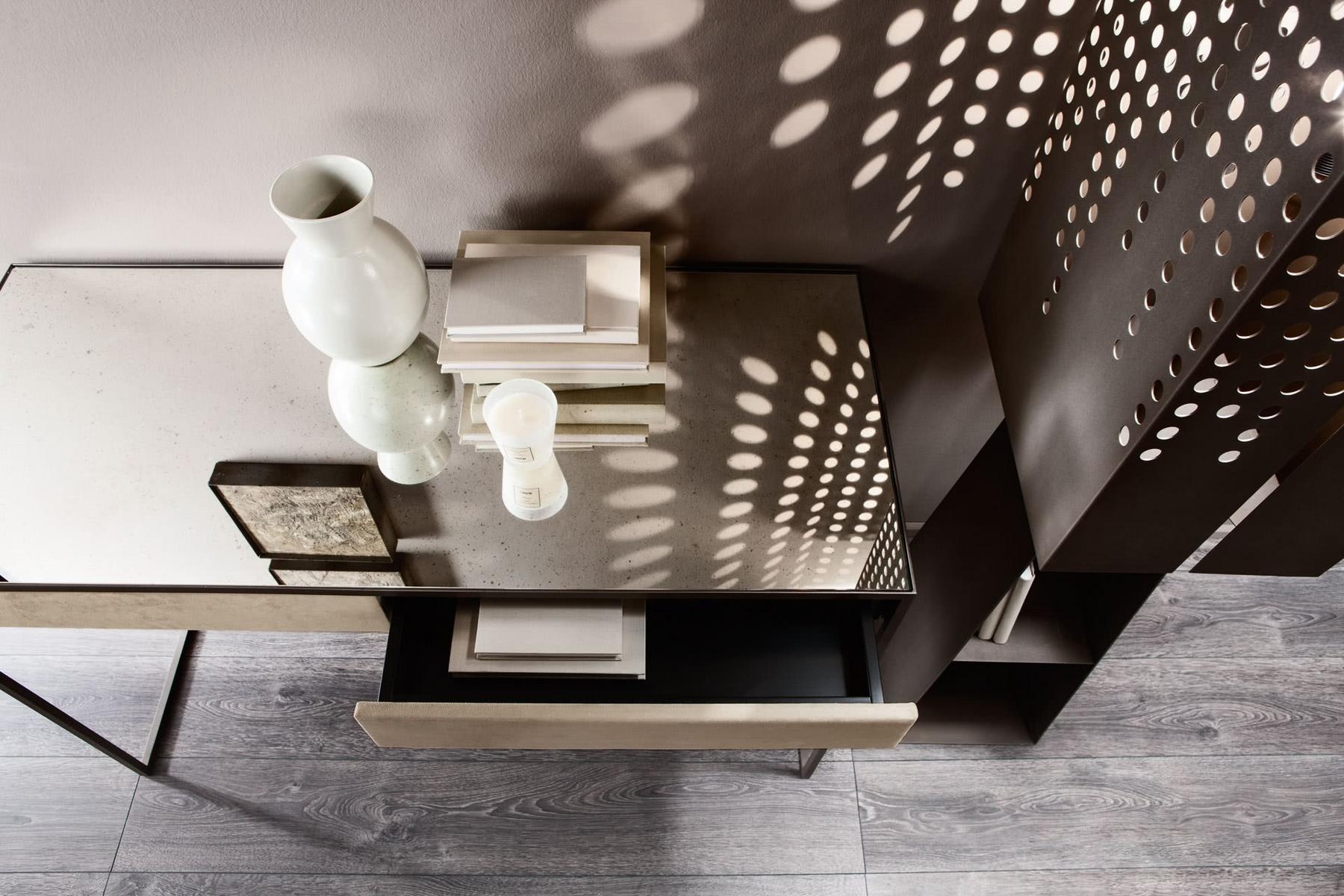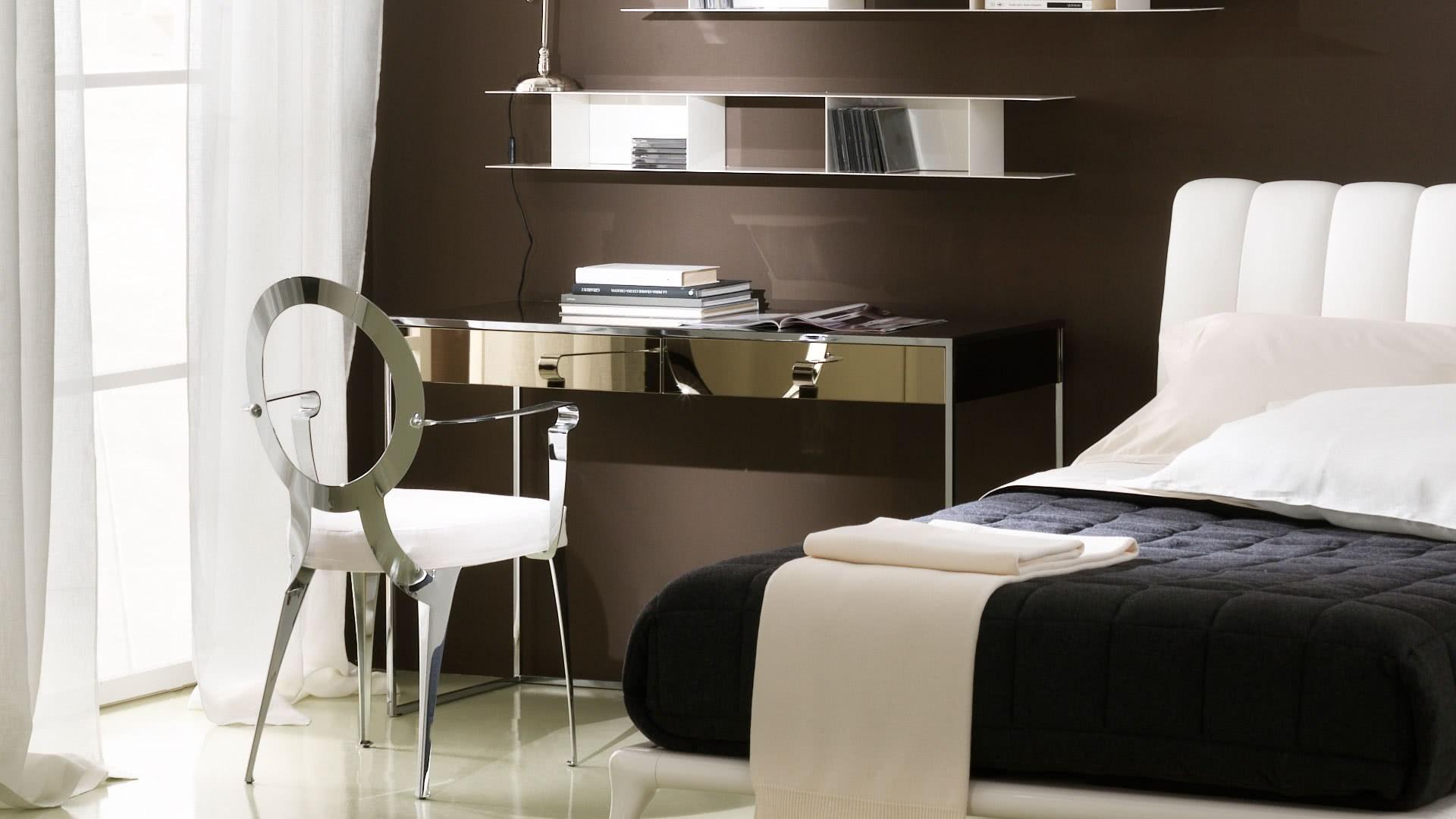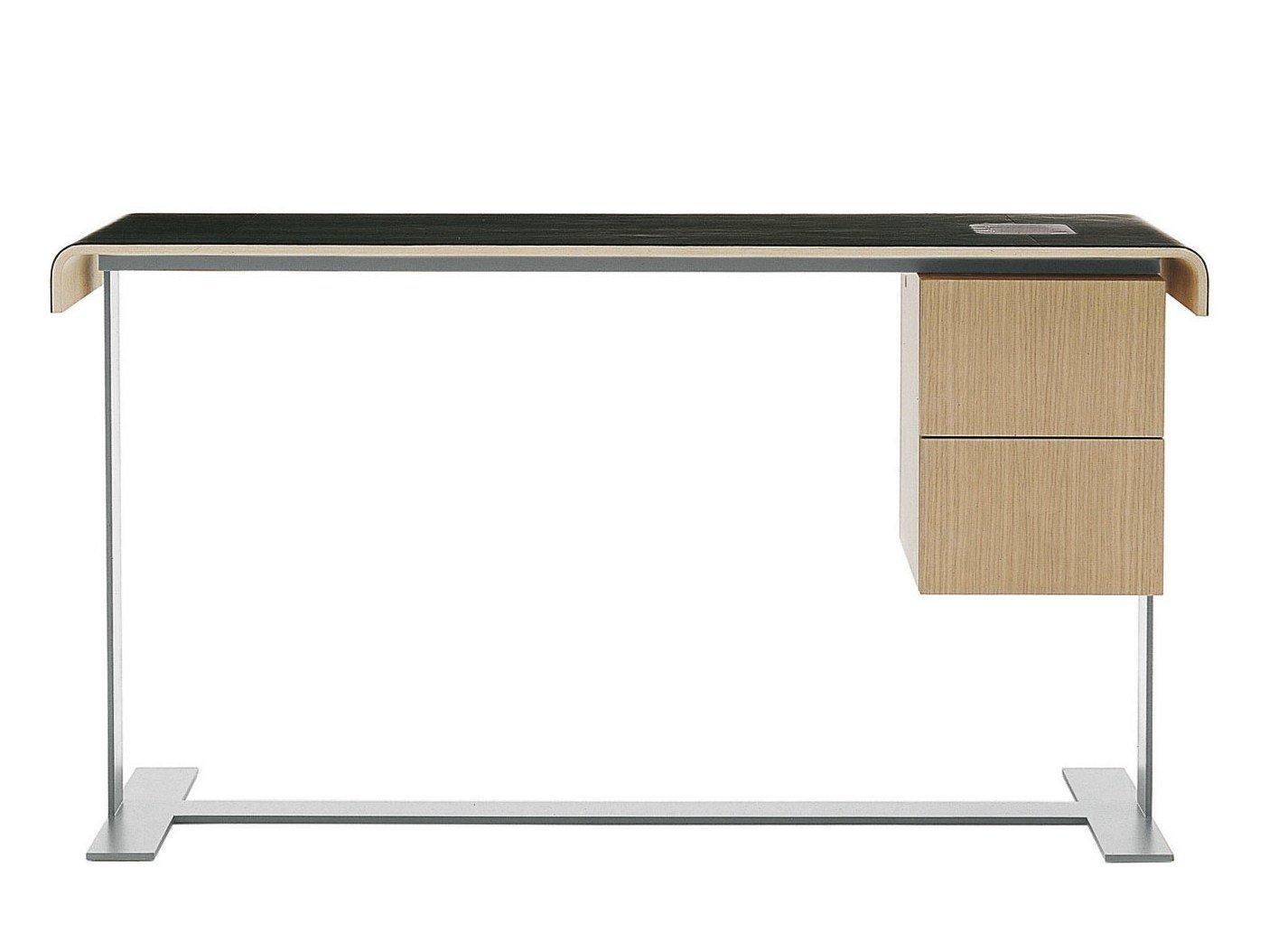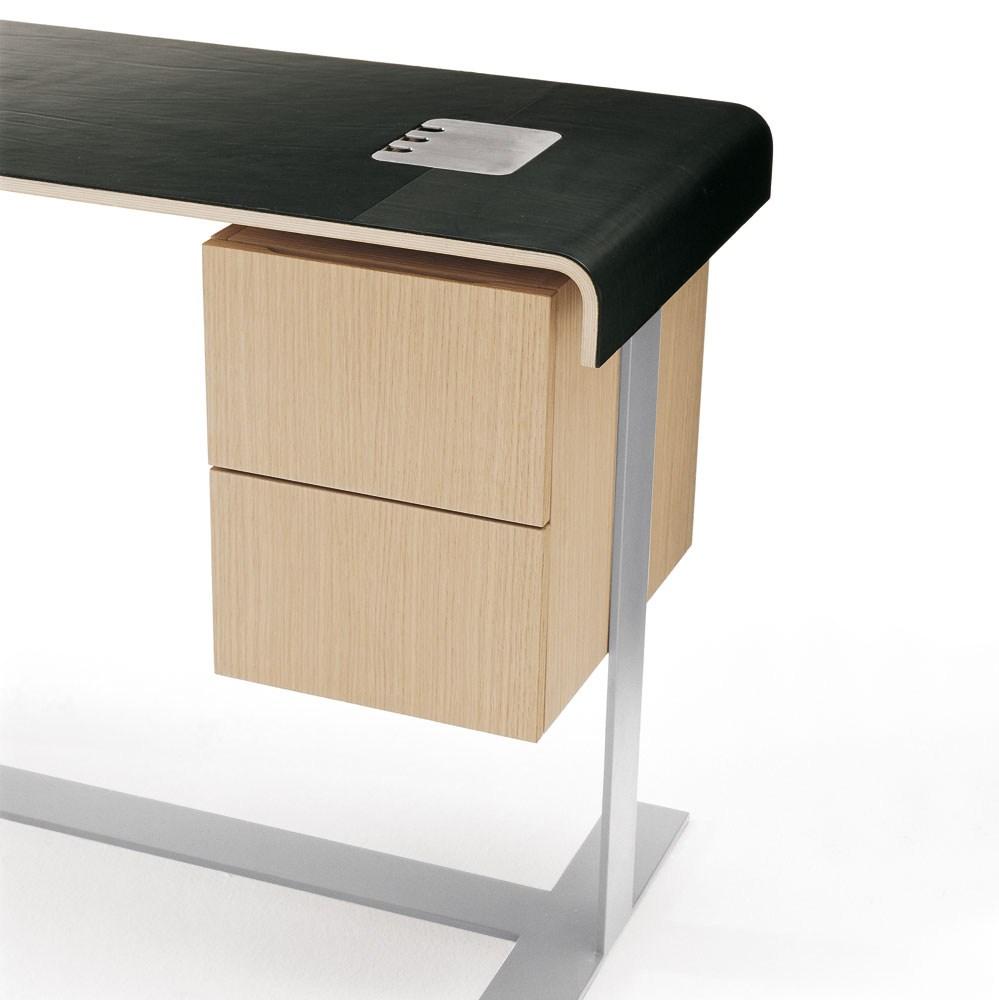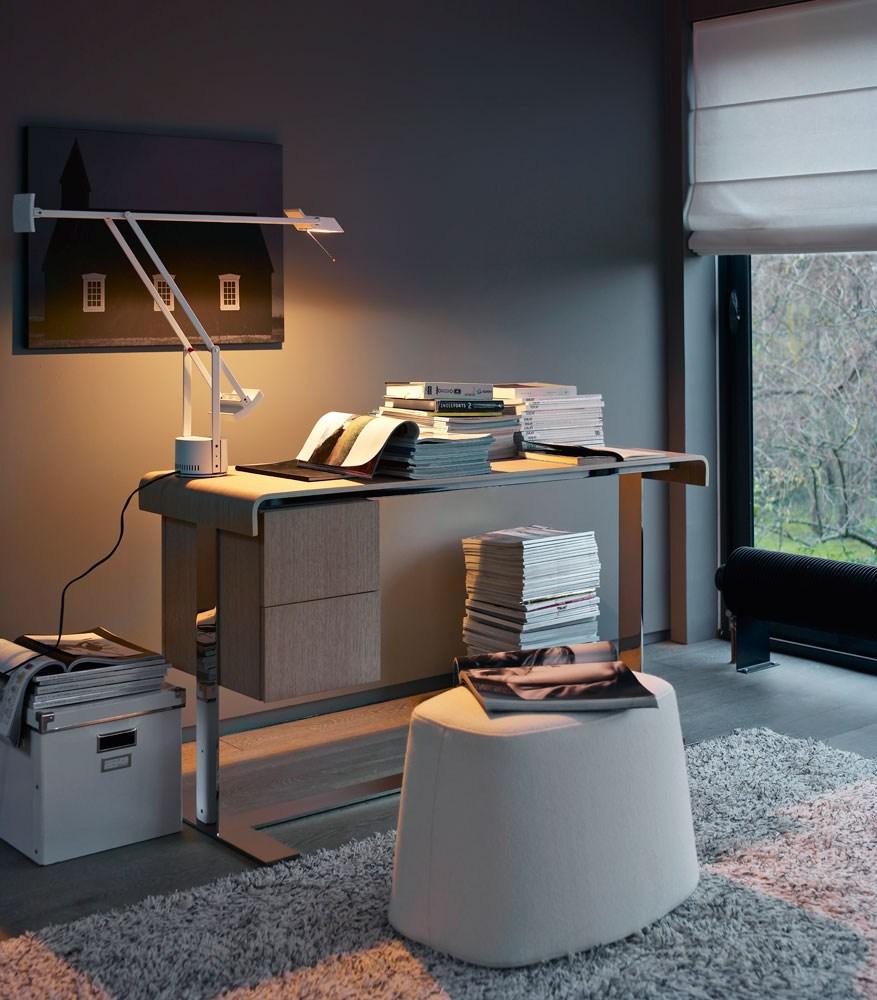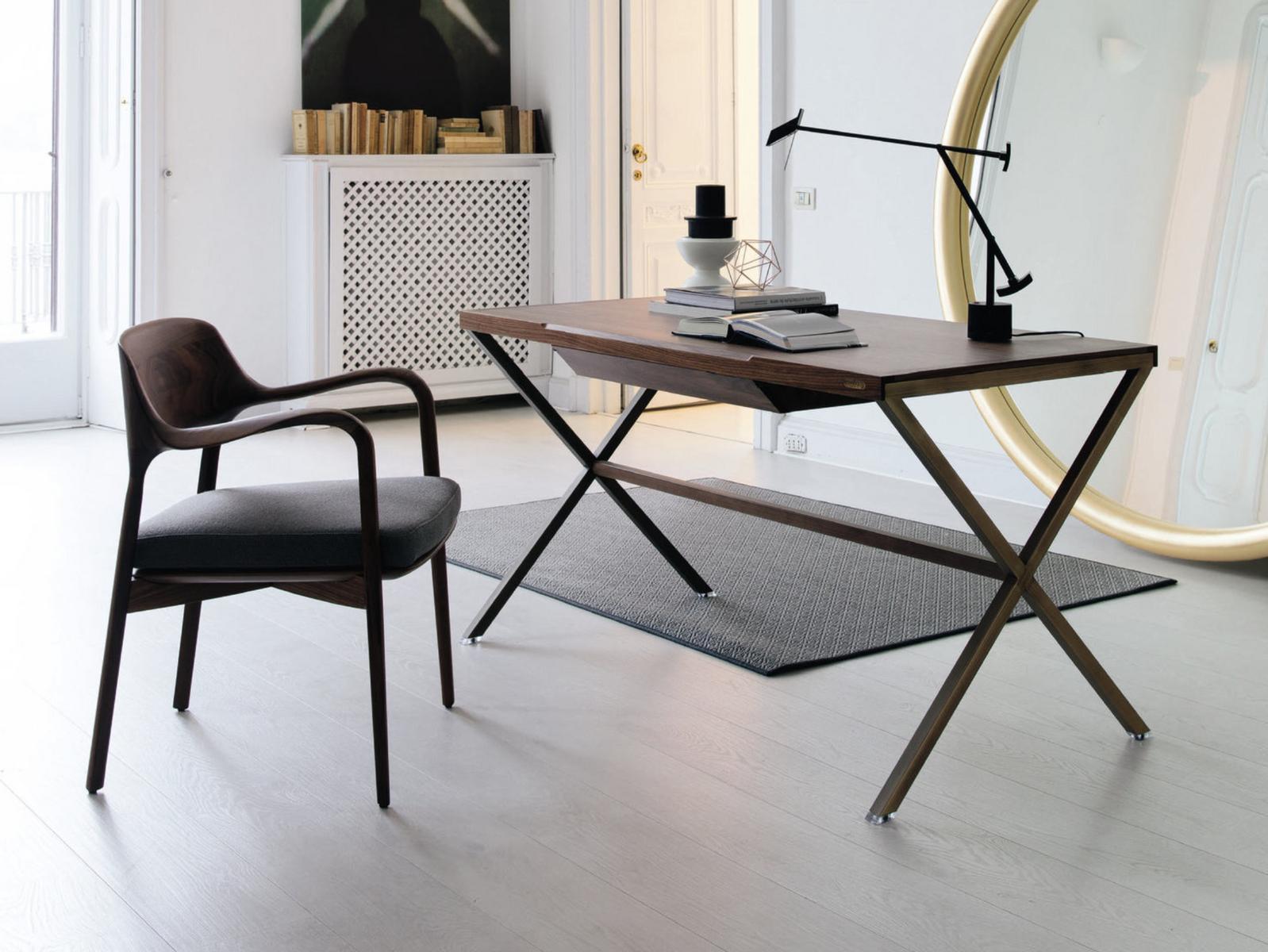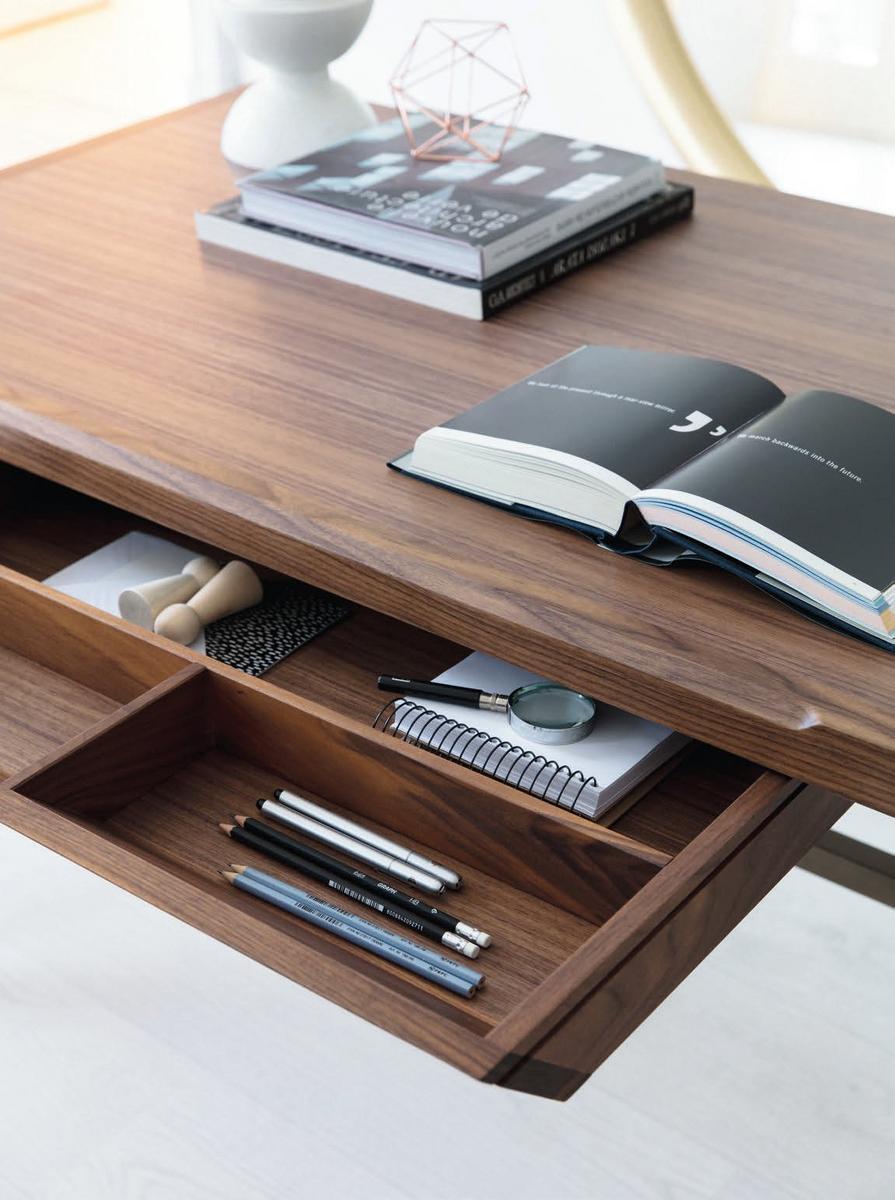Choosing Between a Writing Desk and a Computer Desk
Selecting the right desk for your home workspace is crucial for efficiency and comfort. The writing desk and computer desk are two popular choices, each with unique features. Writing desks typically offer a large, flat surface with minimal storage, perfect for those who value simplicity and elegance. These desks often boast intricate designs and refined finishes, making them a stylish addition to any study or home office. In contrast, computer desks focus on functionality, equipped with features like keyboard trays, cable management systems, and sufficient storage for peripherals. While primarily designed for computer use, many writing desks can accommodate computers, and some computer desks can double as writing desks.
A Nostalgic Symbol of Creativity and Productivity
Throughout history, writing desks have been cherished for their versatility and timeless appeal. Today, they are favored by individuals who value the art of writing or those working from home. A writing desk offers a chic and comfortable workspace that fosters creativity and productivity. Owners of writing desks often appreciate handwritten documents and cherish the tactile experience of writing with a pen. Many writers, poets, and artists prefer writing desks for their intimate and private workspaces. However, writing desks are not exclusive to writers; they are suitable for anyone needing a dedicated home workspace. They can be placed in various spots, including home offices, bedrooms, or studies, serving as perfect nooks for writing, reading, or work-related tasks.
Writing Desks: Style Beyond Substance
The style of a writing desk is an essential factor as it reflects one’s personality and enhances the workspace ambiance. There are numerous styles to choose from, each with unique attributes. Antique writing desks are renowned for their detailed designs and luxurious finishes. Secretary desks feature fold-down writing surfaces and ample storage, while campaign desks, designed for portability, are made from lightweight materials. Some writing desks have unconventional designs—styled like space objects, trees, or crafted entirely from glass—transforming them into functional art pieces that add character to any home office.
Where You Belong: Finding Your Ideal Desk
To find the perfect writing desk, consider its intended use—whether for writing, reading, or computing—as this influences the desk's size and shape. Evaluate the type of writing tools you use, as some desks offer built-in storage for stationery. Comfort is crucial; the desk should have a comfortable height and sufficient legroom for long periods of use. Pairing the desk with a supportive chair is also important for maintaining comfort during extended work hours. Furthermore, consider the material and durability of the desk. Writing desks can be made from wood, metal, glass, plywood, or stone, and choosing a robust material ensures it withstands frequent use.
Work Smarter with Our Desks
For those seeking a luxurious, retro-style desk, the "Novelist" desk from Lema is a top choice. Featuring a Canaletto walnut top and leather cover, complemented by chrome-covered metal legs, it exudes a vintage yet modern feel. Its two side drawers and pencil-holding unit provide practical storage. For a contemporary and versatile option, consider the "Eames Desk Unit EDU" from Vitra. With colorful panels and a height-adjustable metal frame, it adds a playful touch to any workspace. Its storage compartments and bookcase enhance its practicality. If a classic and elegant style is preferred, the "Roma" writing desk from Rugiano is ideal. Made with ebony wood, brass, and leather, it offers sophisticated refinement. Its drawers and open shelves provide functional storage, and its compact size suits smaller spaces or home offices.

